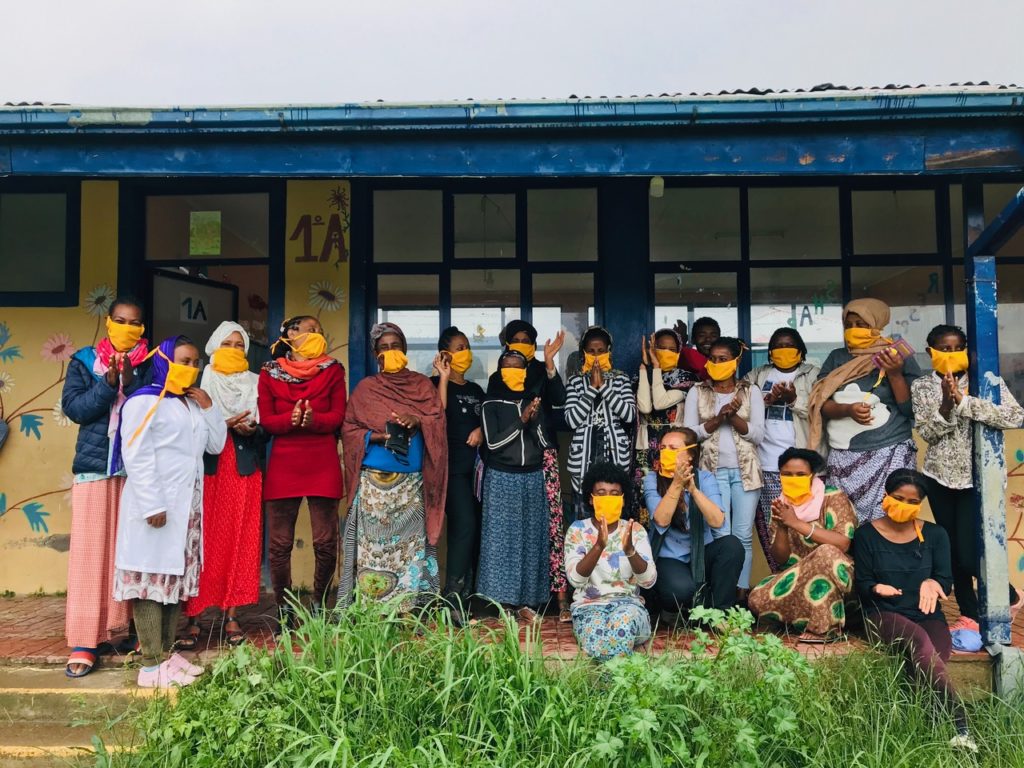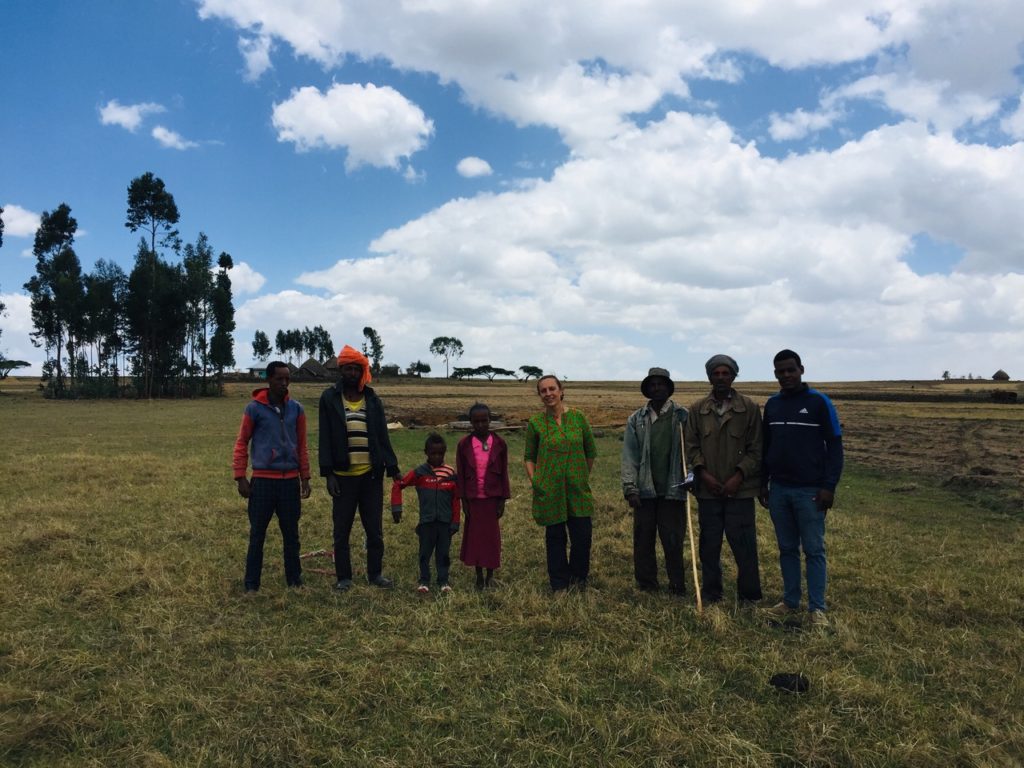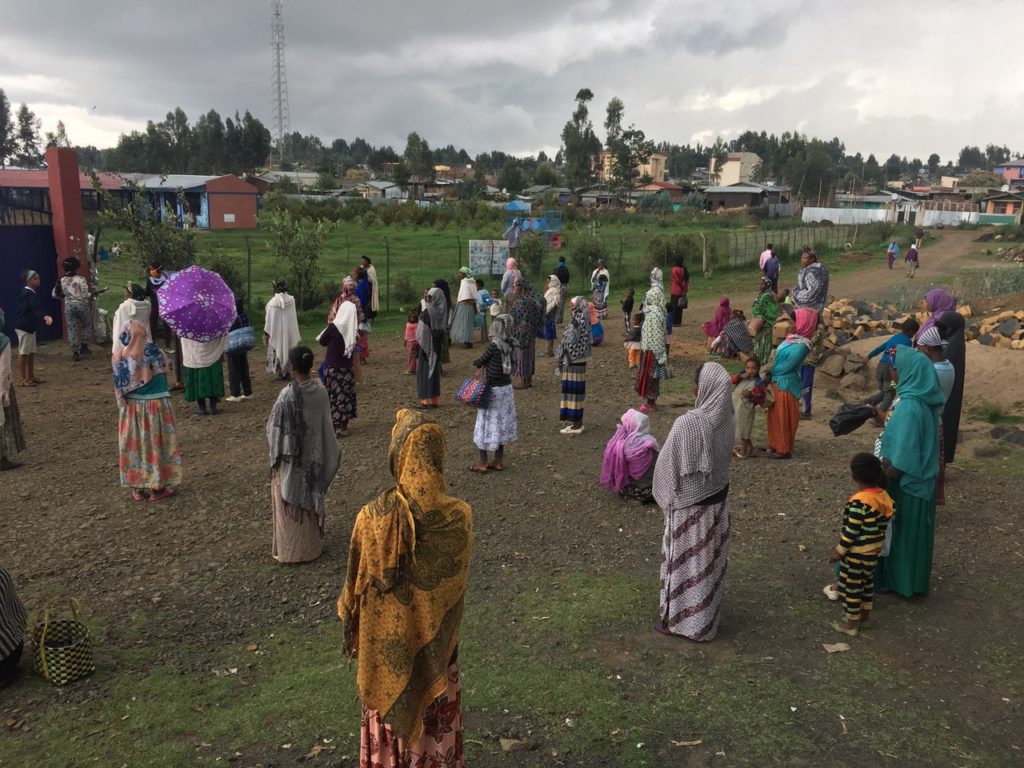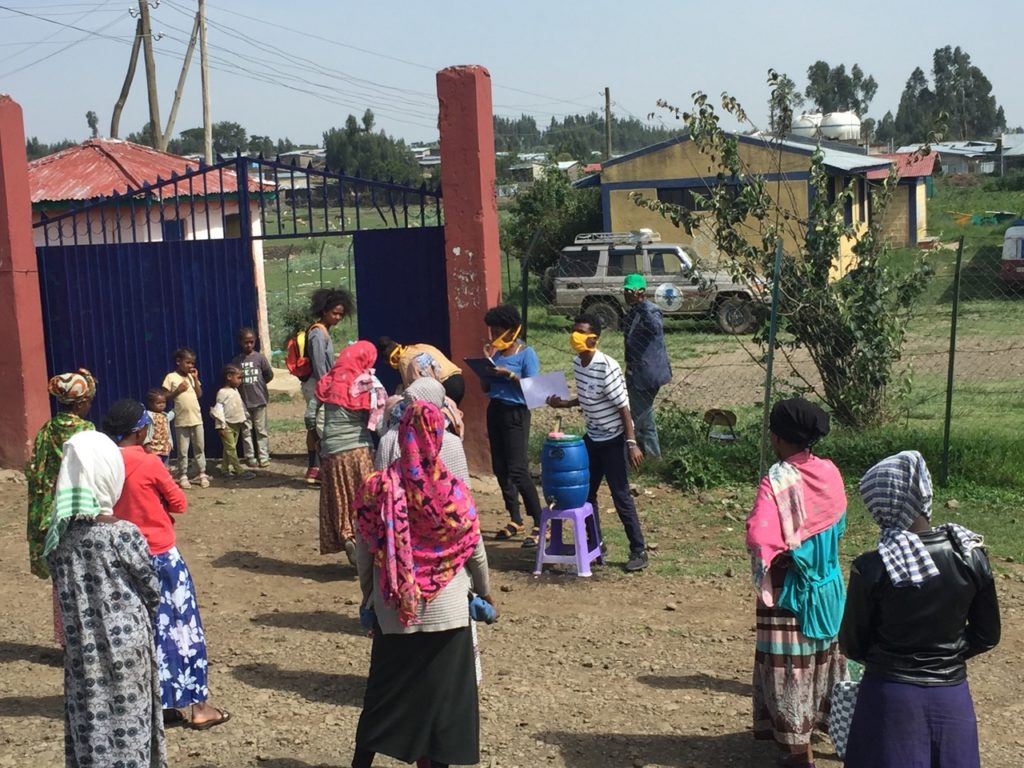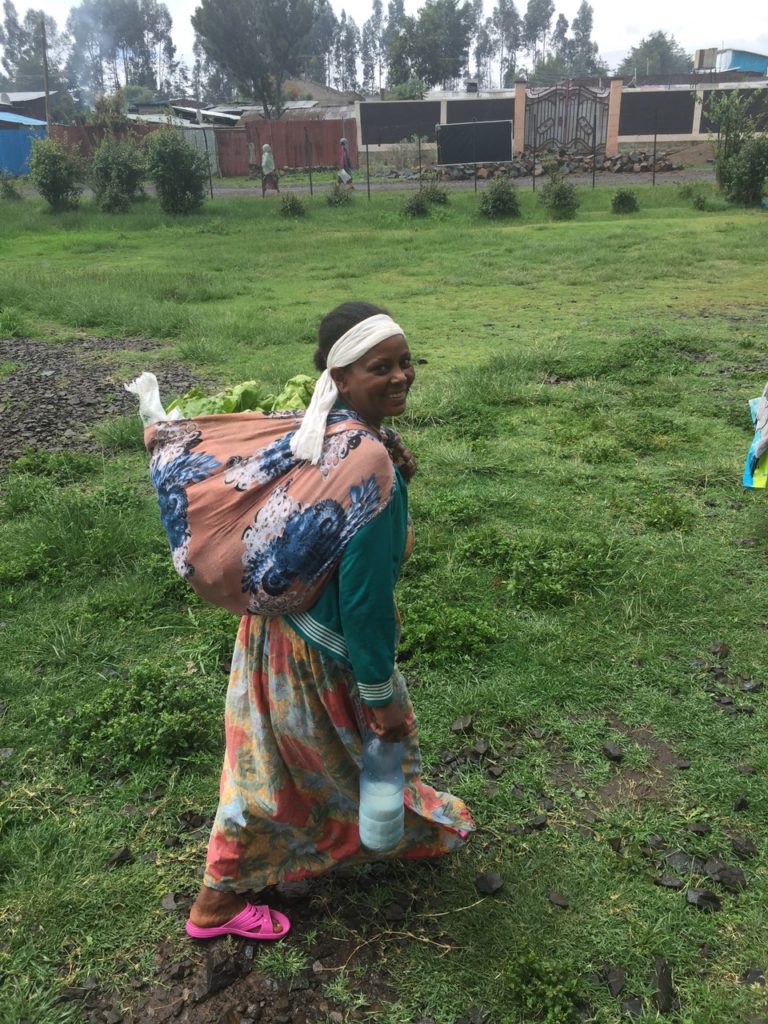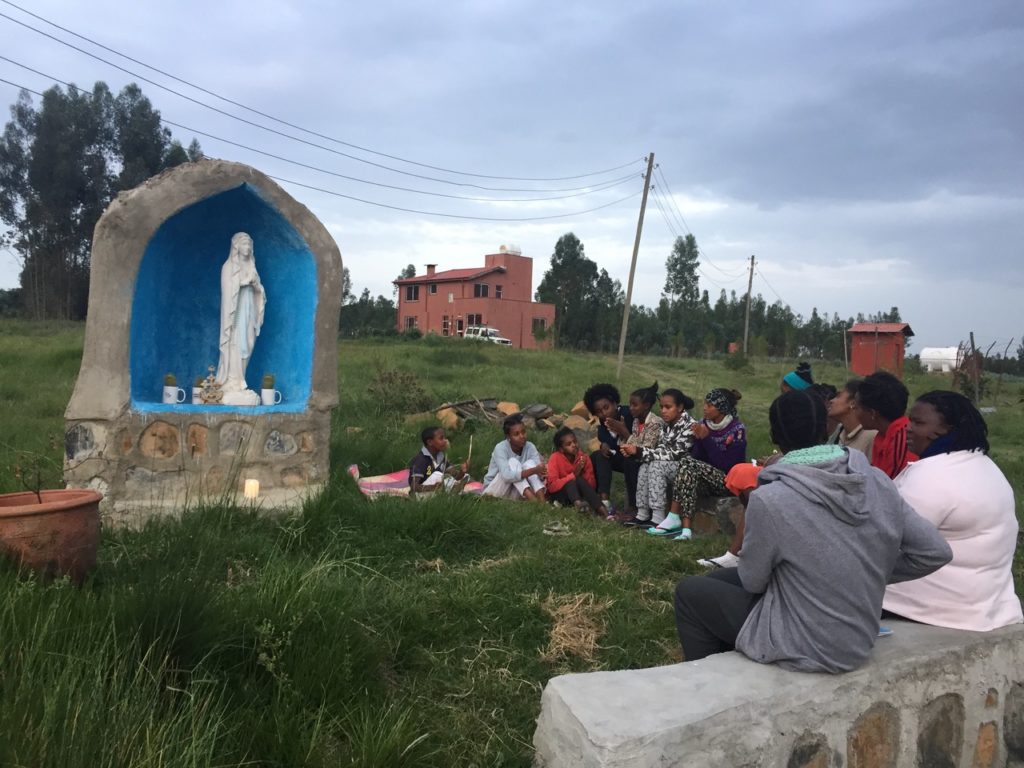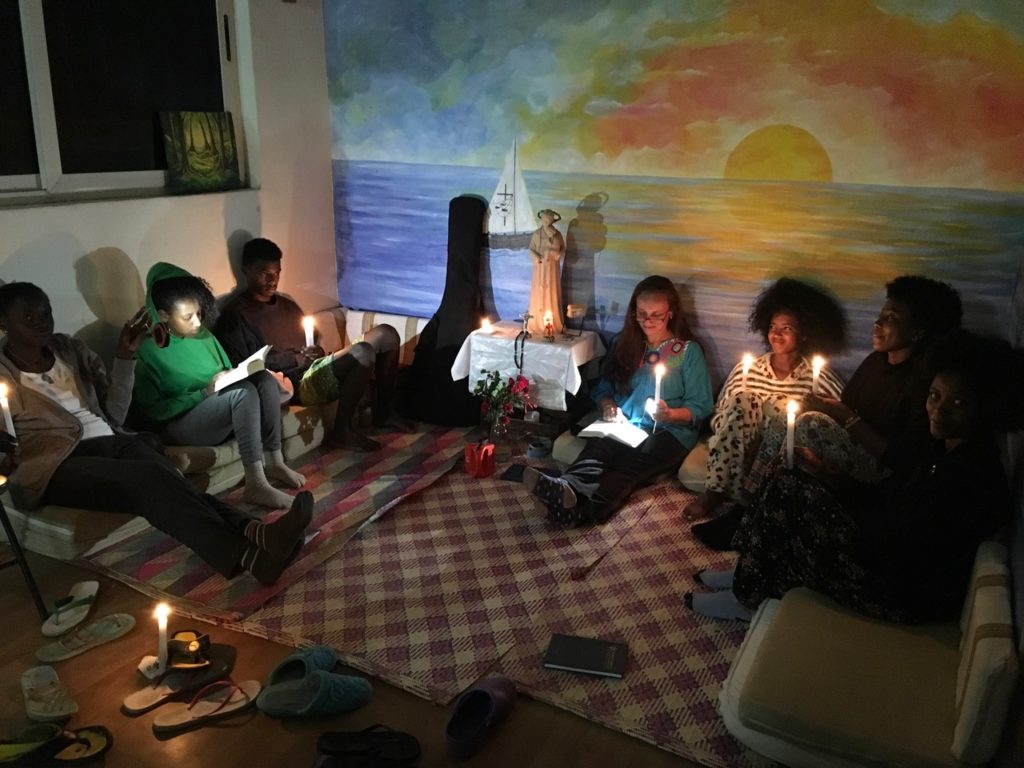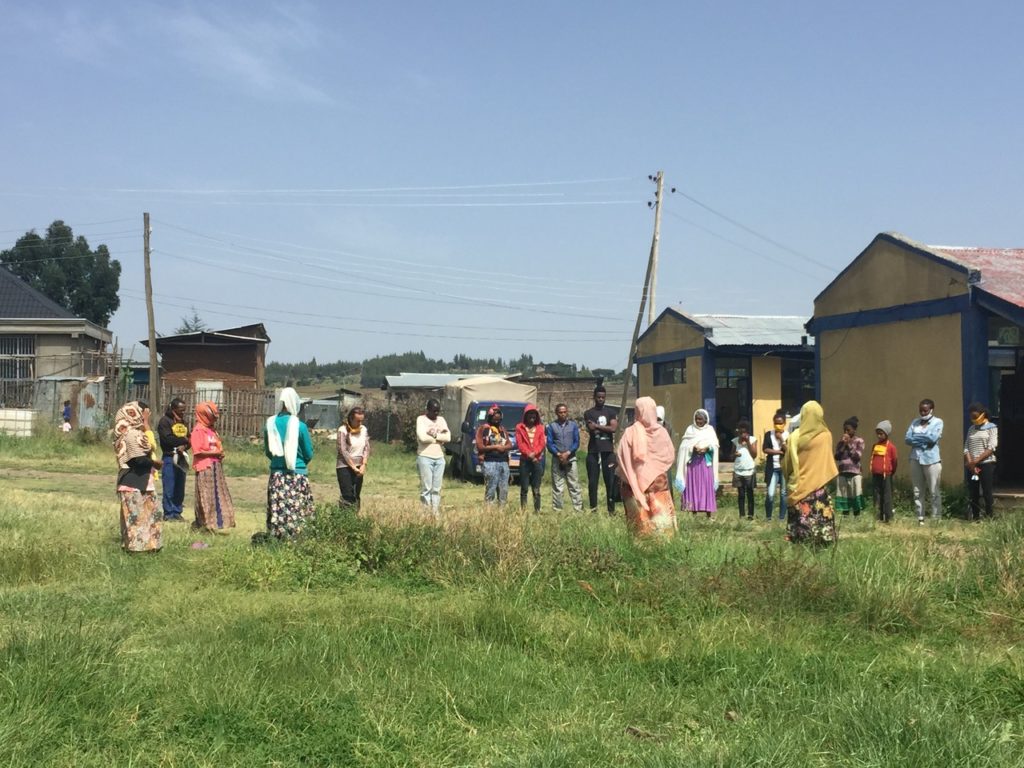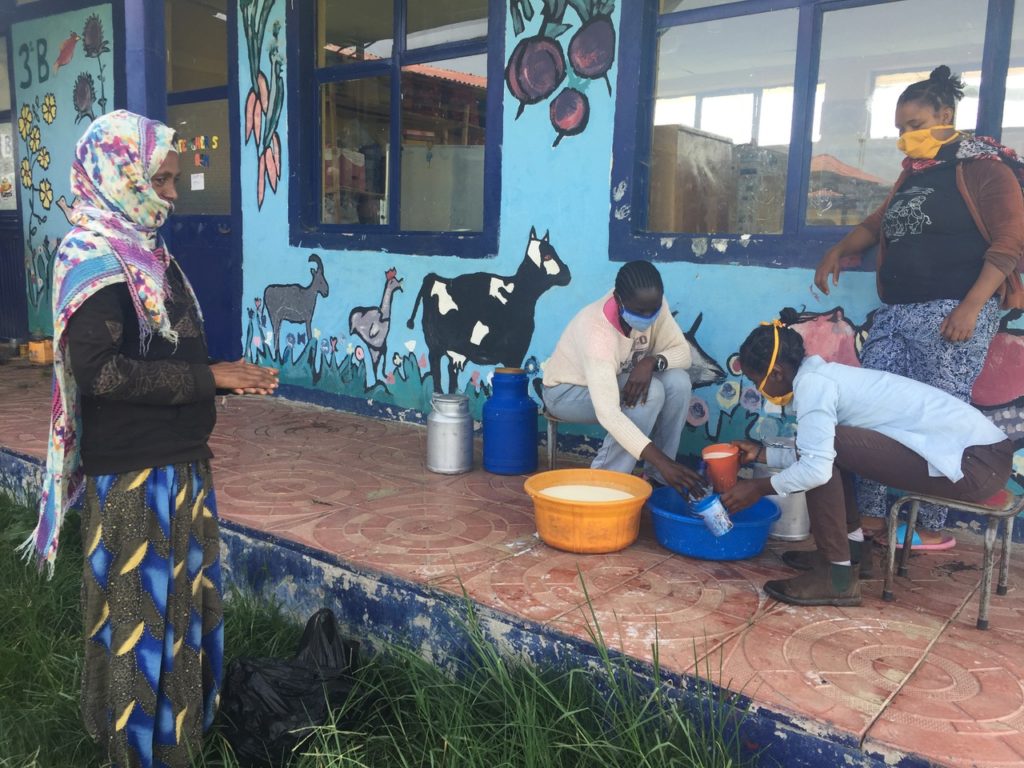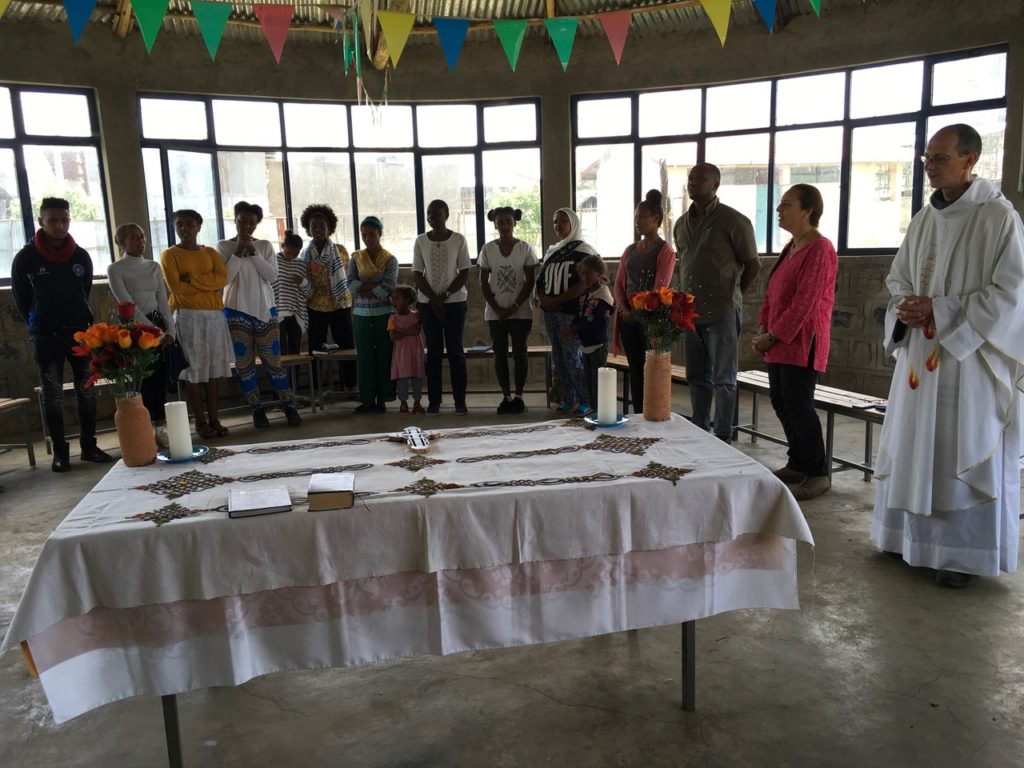24 December 2020 Posted by admin News 0 thoughts on “”
The Missionary Community of St. Paul the Apostle (MCSPA) would like to wish you all a Merry Christmas and and Happy New Year.

The Missionary Community of St. Paul the Apostle (MCSPA) would like to wish you all a Merry Christmas and and Happy New Year.

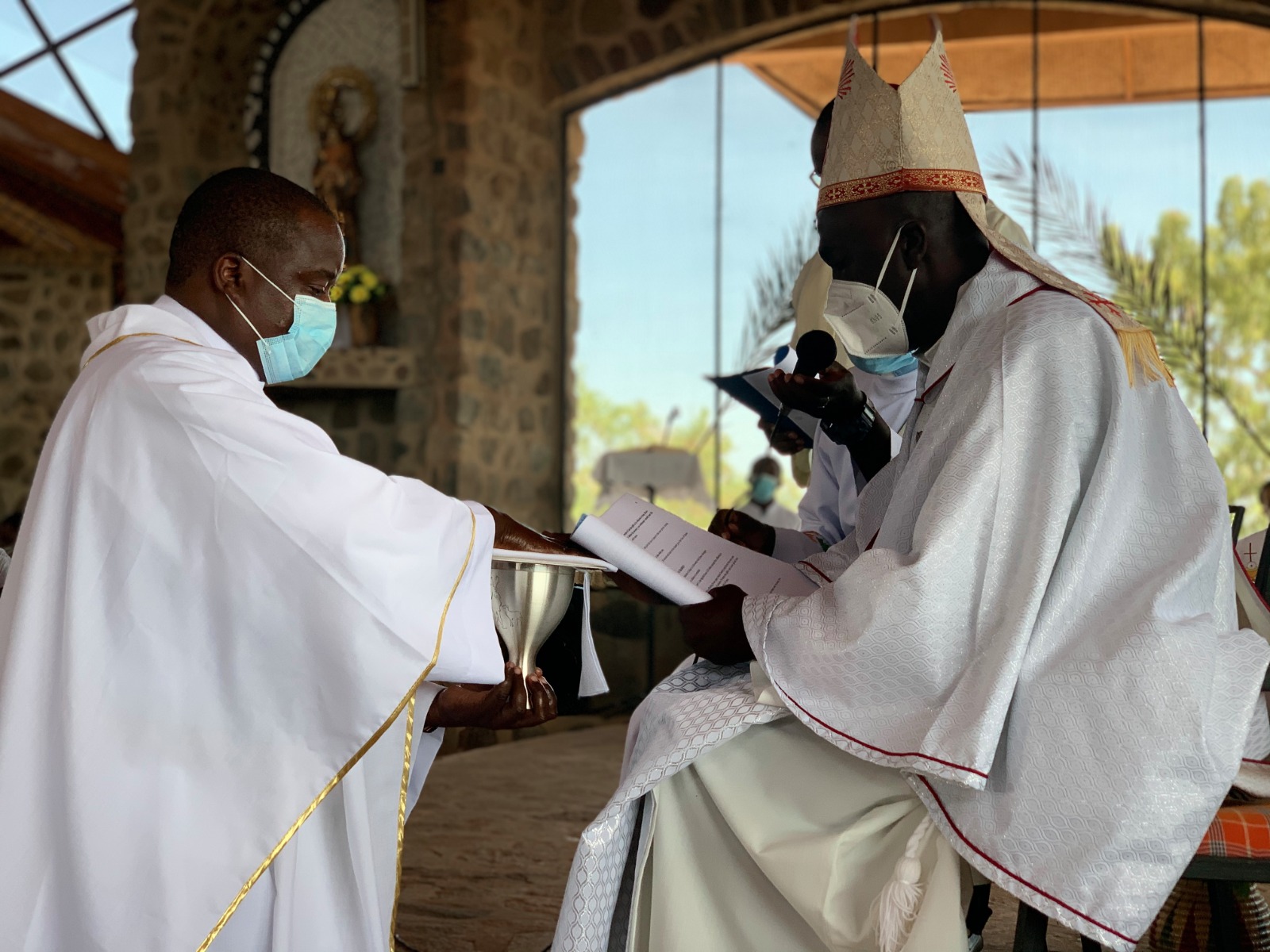
On Saturday, the Missionary Community of St Paul the Apostle, the family members and friends together with the faithful from the lake deanery of the Diocese of Lodwar, celebrated a very wonderful priestly Ordination of Fr. Victor Otieno. It was presided by Bishop Dominic Kimengich, currently the Bishop of Eldoret Diocese and the Apostolic Administrator of Lodwar Diocese. The celebration was graced and honoured by all those who attended the celebration in spite of the covid-19 restrictions. The Pontifical Missionary Children (PMC) recited beautiful poems of encouragement to celebrate the newly ordained priest.
Lourdes Larruy, representing all the member of the MCSPA, gave her testimony during the ordination about Victor, highlighting of his patience, calmness and humility during his life in the community. She explained how some years back they got a road accident in Ethiopia and despite the trouble, Victor remained calm. In January, right before his departure to the Philippines after the MCSPA General Assembly, he was involved in another accident that left him badly injured. However, we thank God that after 10 months of recovery process, “the broken Victor” can walk once again. In a nutshell, we can be sure that God wanted Fr. Victor to serve Him as a priest. We are grateful for his life and vocation.
Fr. Victor has come from very far, prior to his Ordination. He discovered his vocation through the invitation of Fr. Alex, and he spend some years in Lobur Mission learning missionary life in practice. He then pursued his philosophical studies at the University of South Africa (UNISA), and later joined Loyola School of Theology in Manila Philippines. During that time, he did several pastoral visitations and experiences in different countries which have made him appreciate the universality of the Church. He is prepared for pastoral duty at Sts. Joachim and Ann Catholic Parish Kibish where he has been appointed while residing at Lobur Catholic Mission together with Fr Alex Campón and Fr Joseph Githinji.
Let us rejoice and be glad!
Fr. Joseph Githinji MCSPA
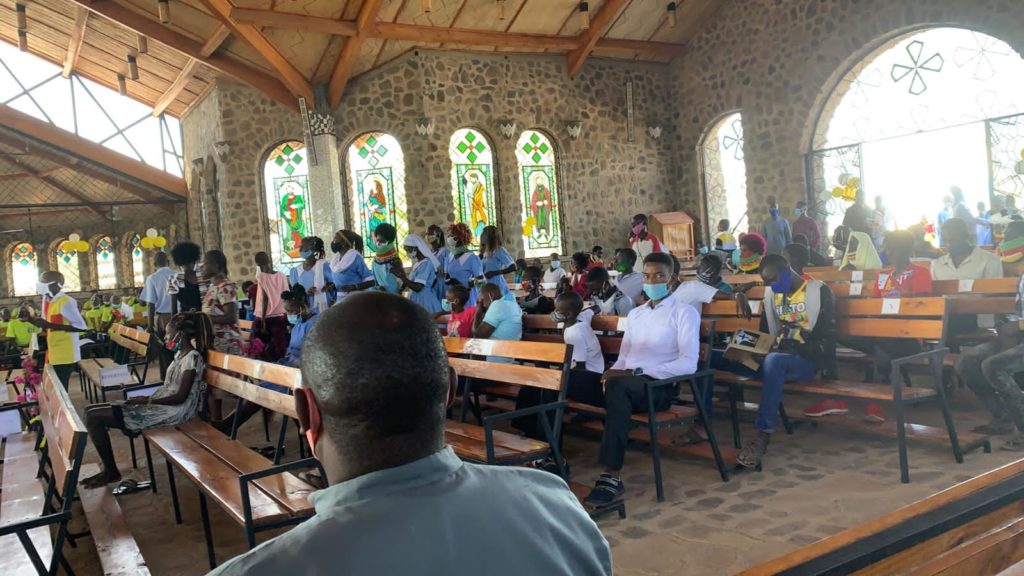
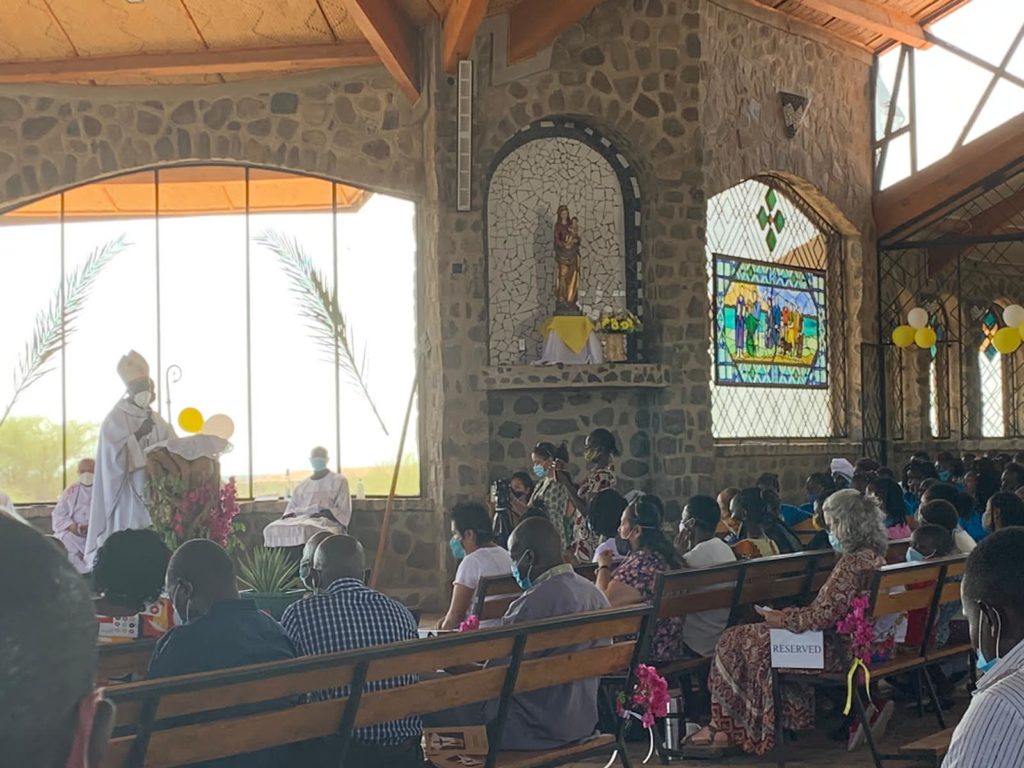
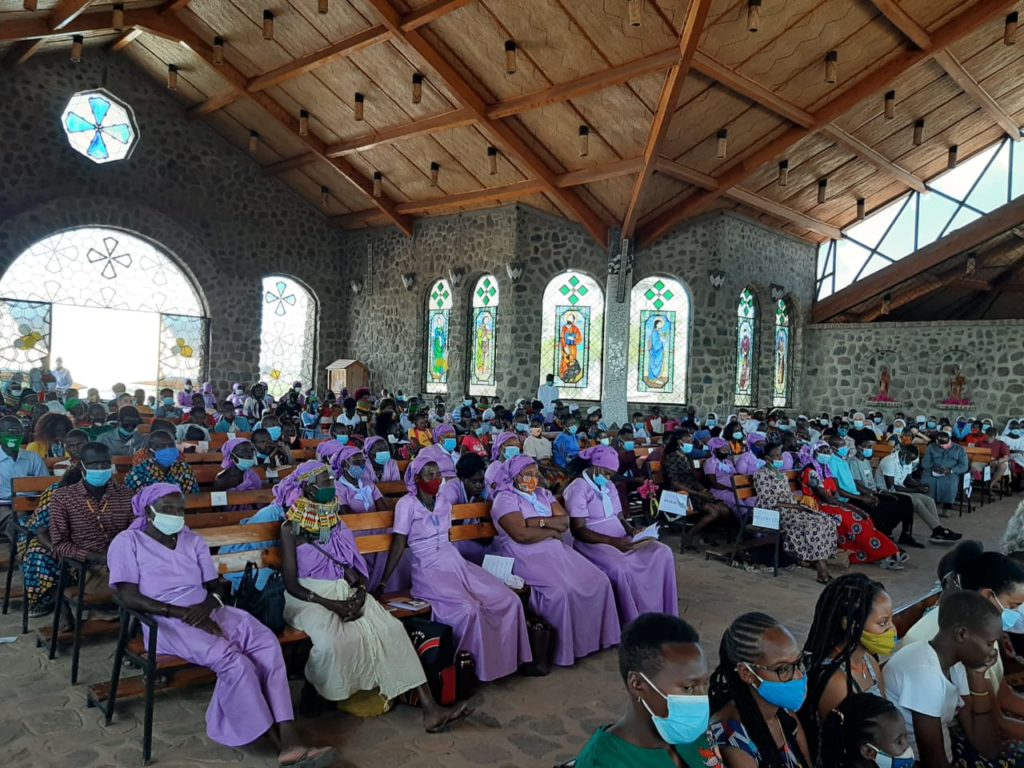
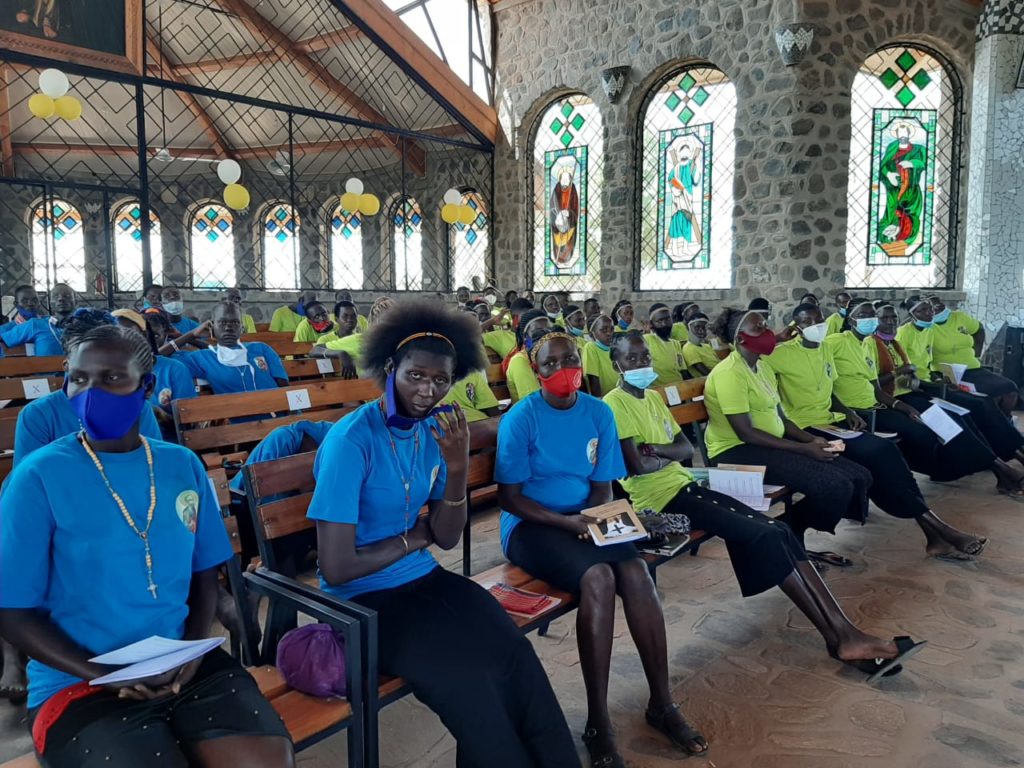
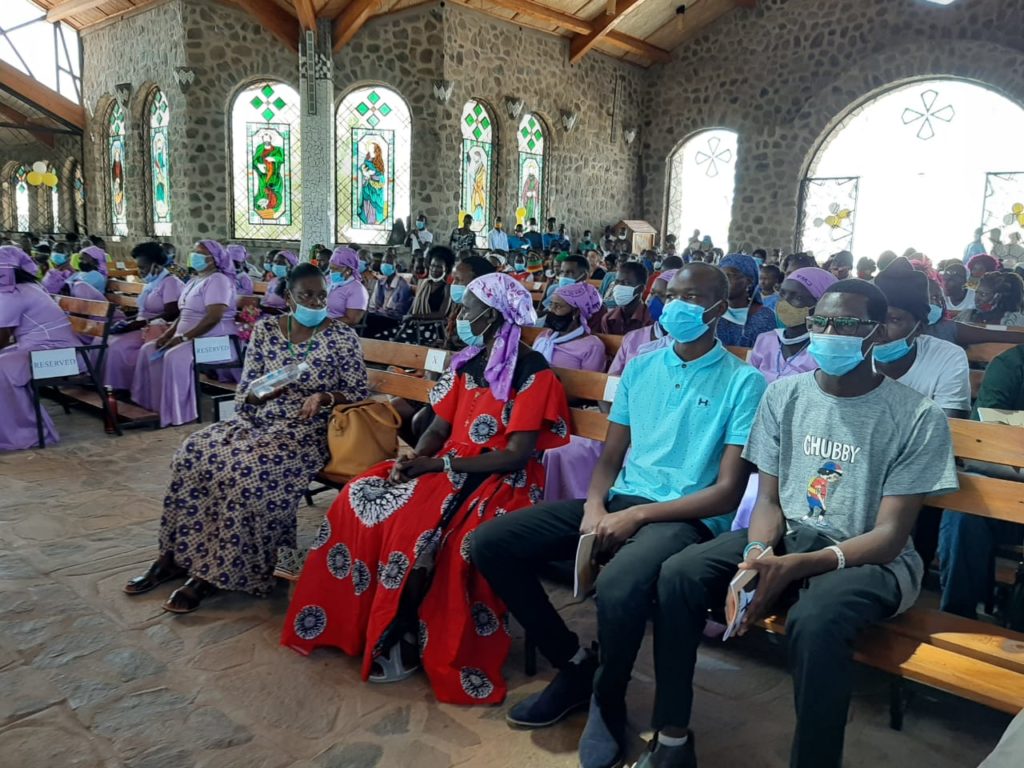
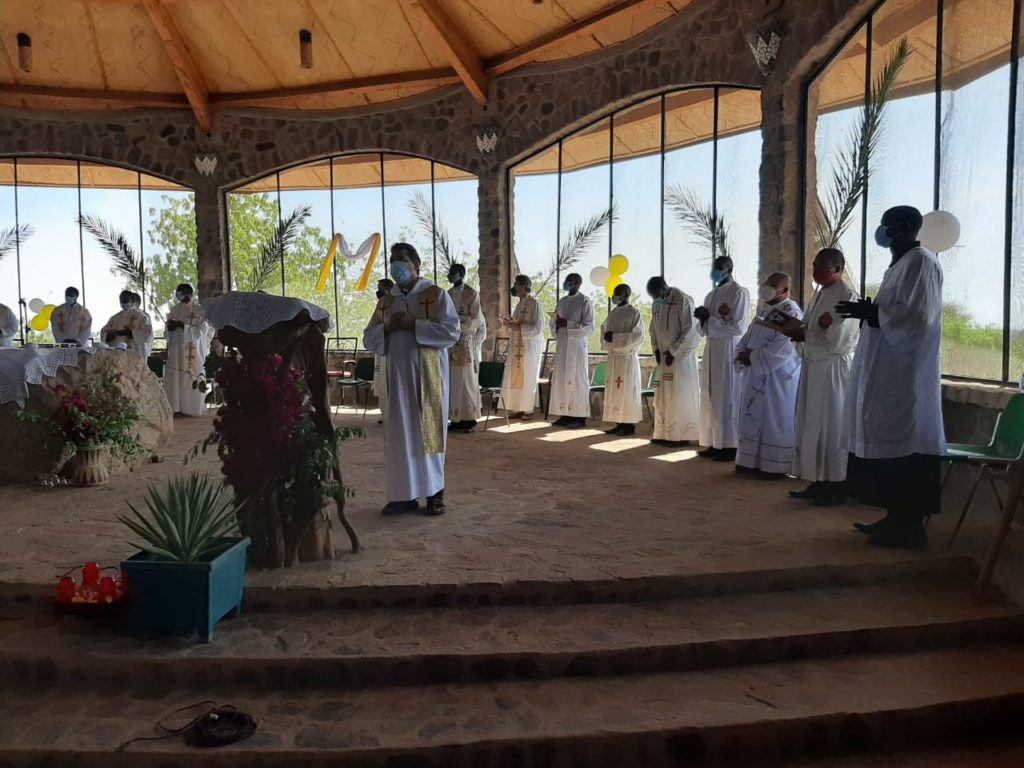
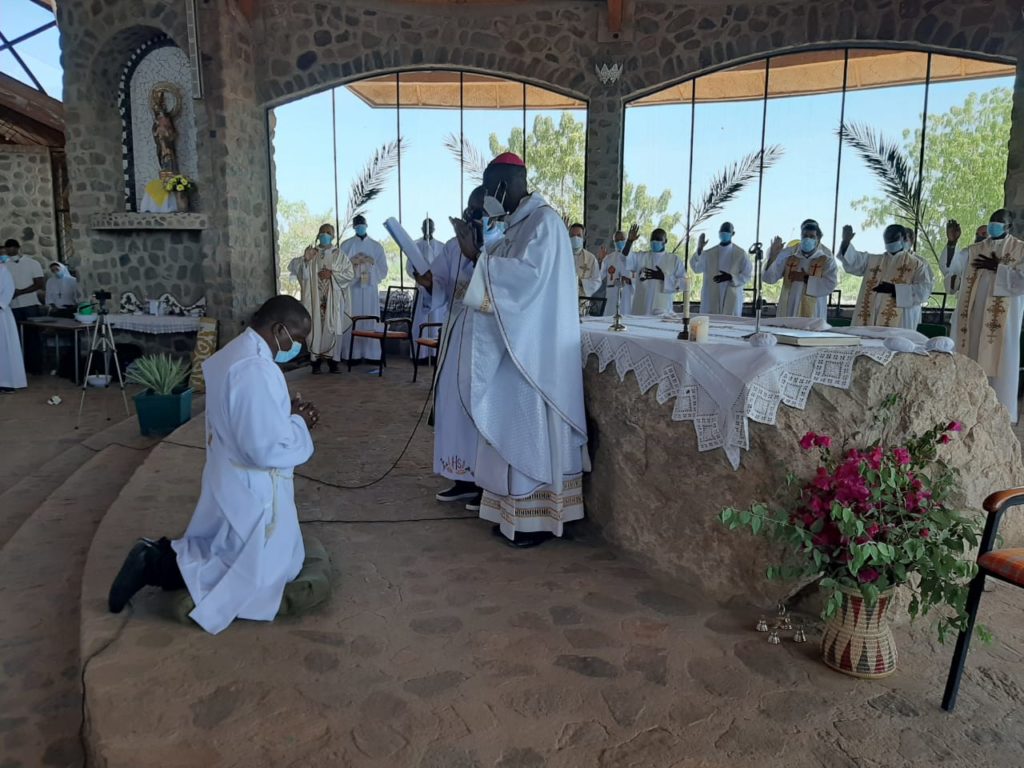
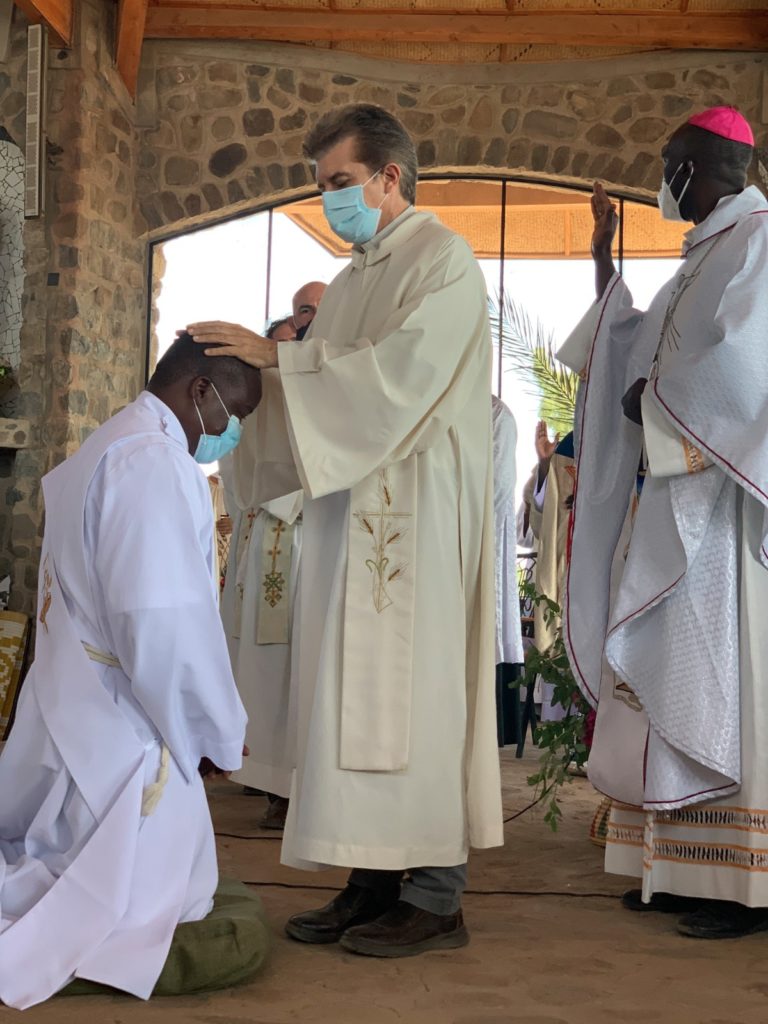
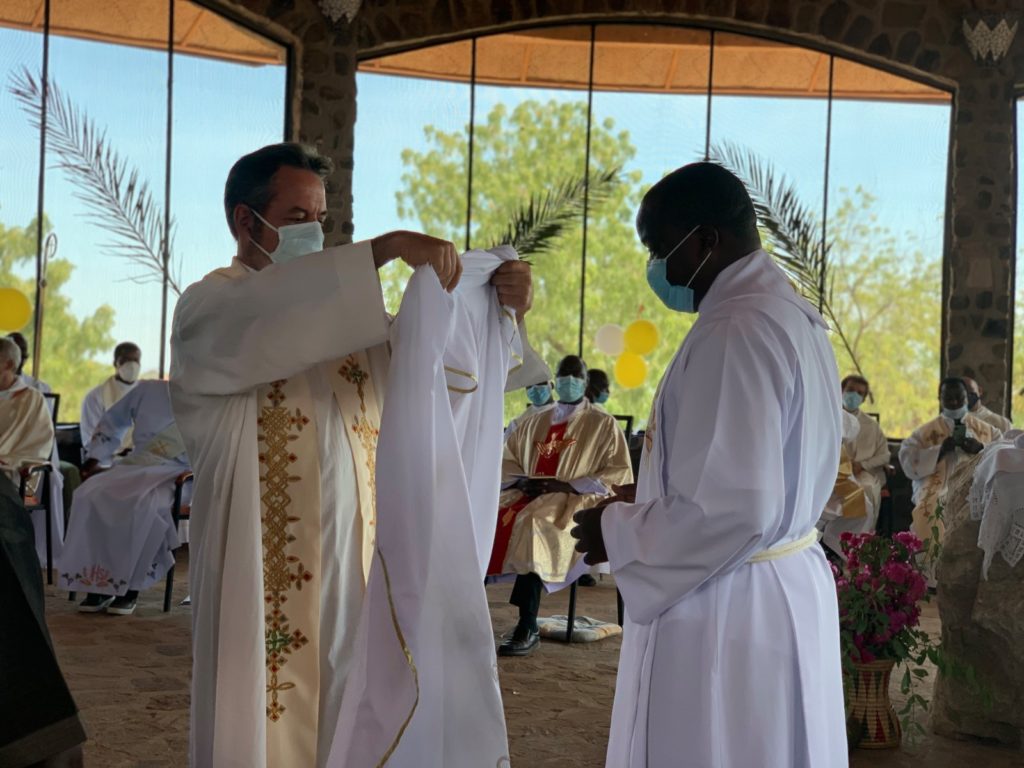
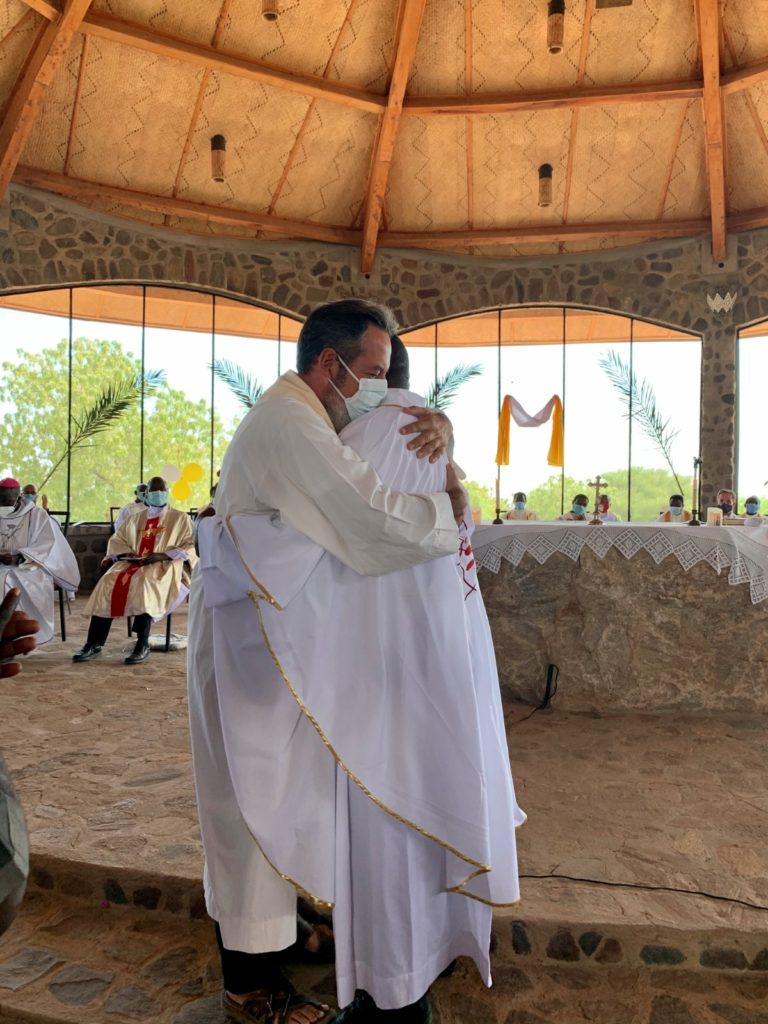
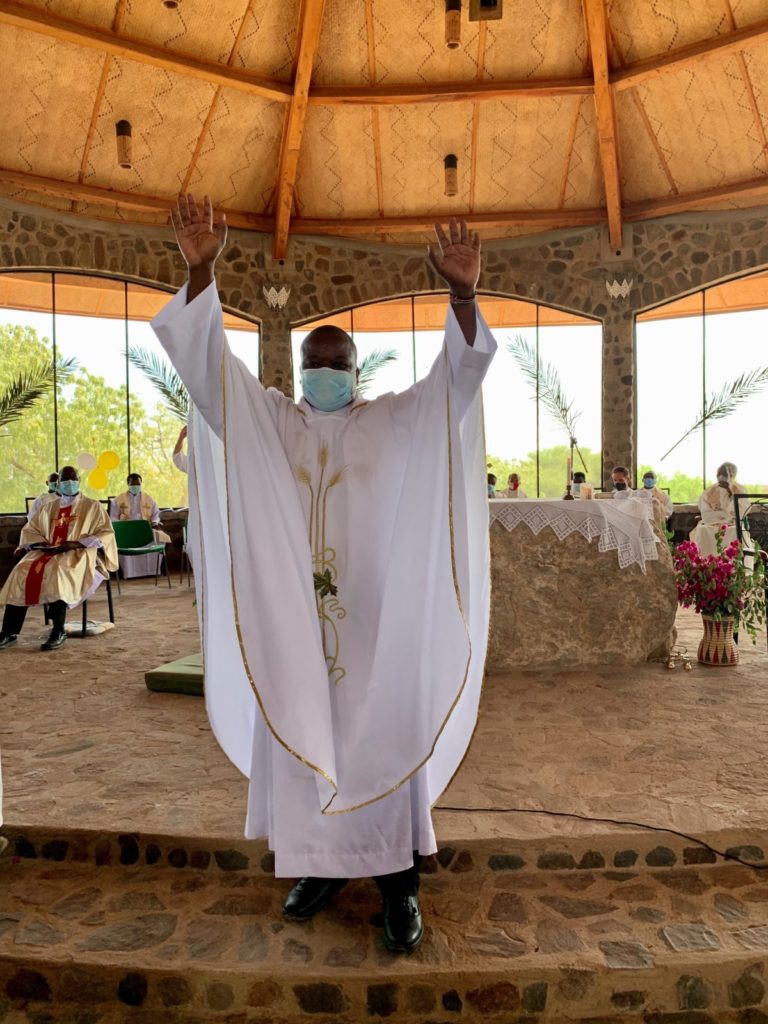
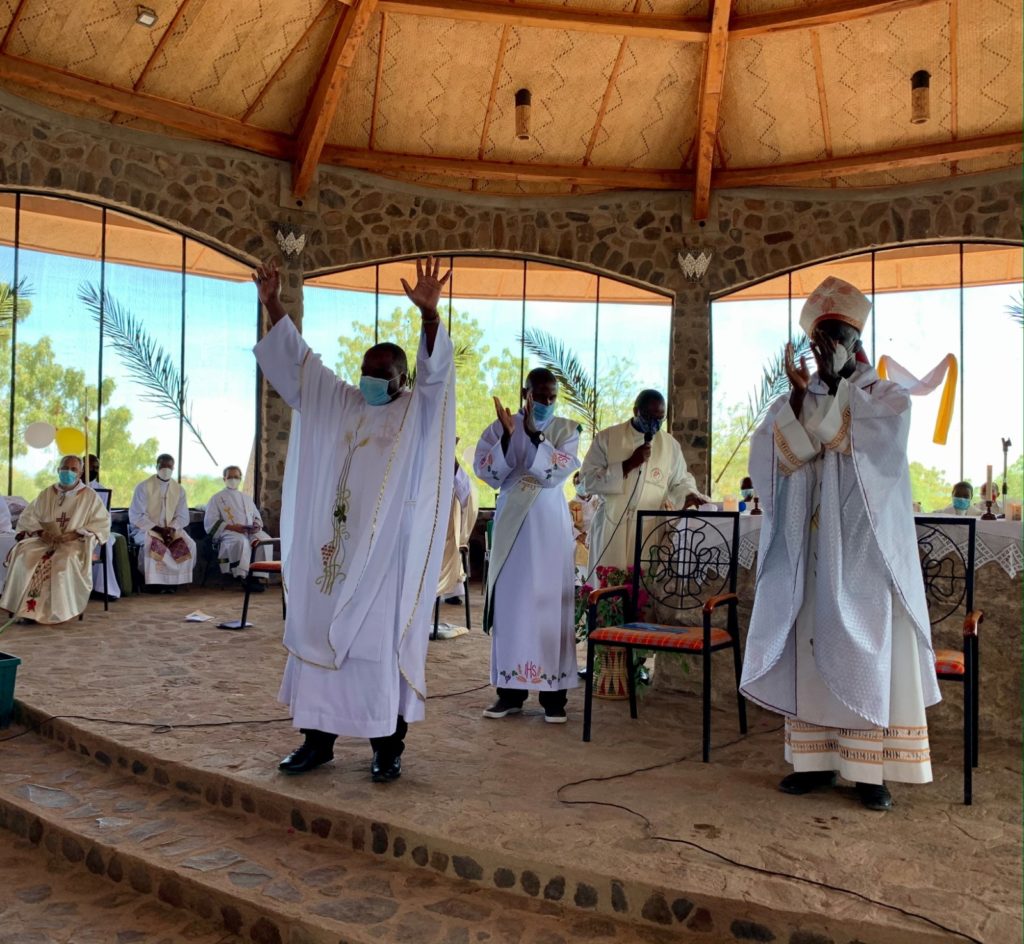
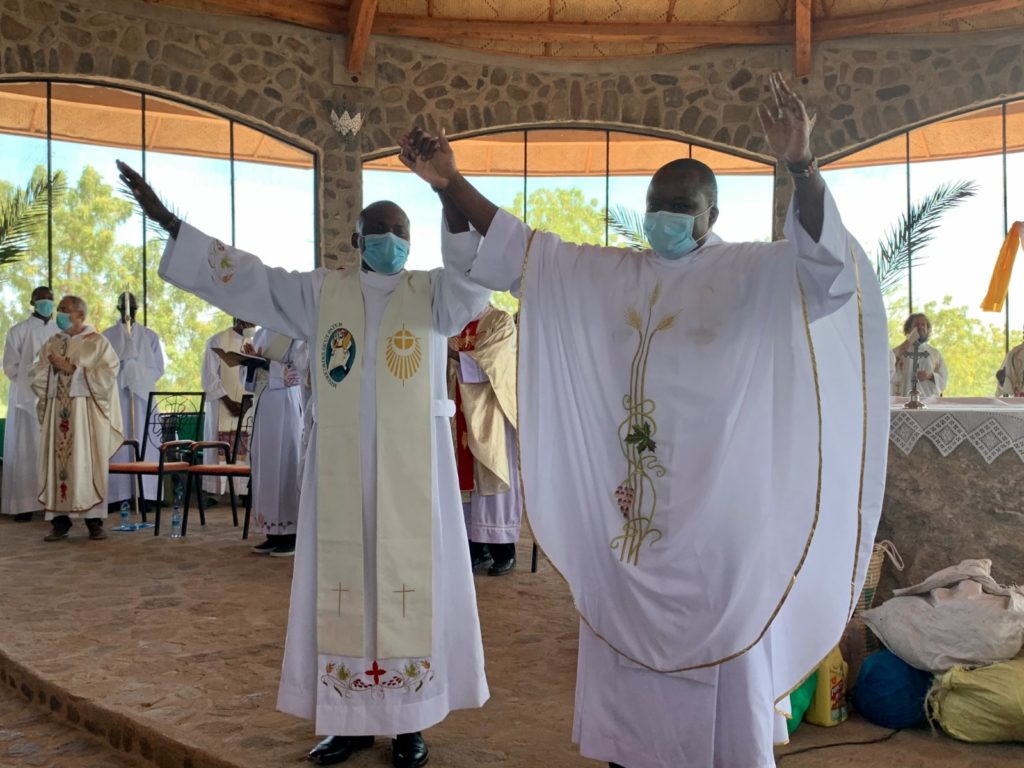
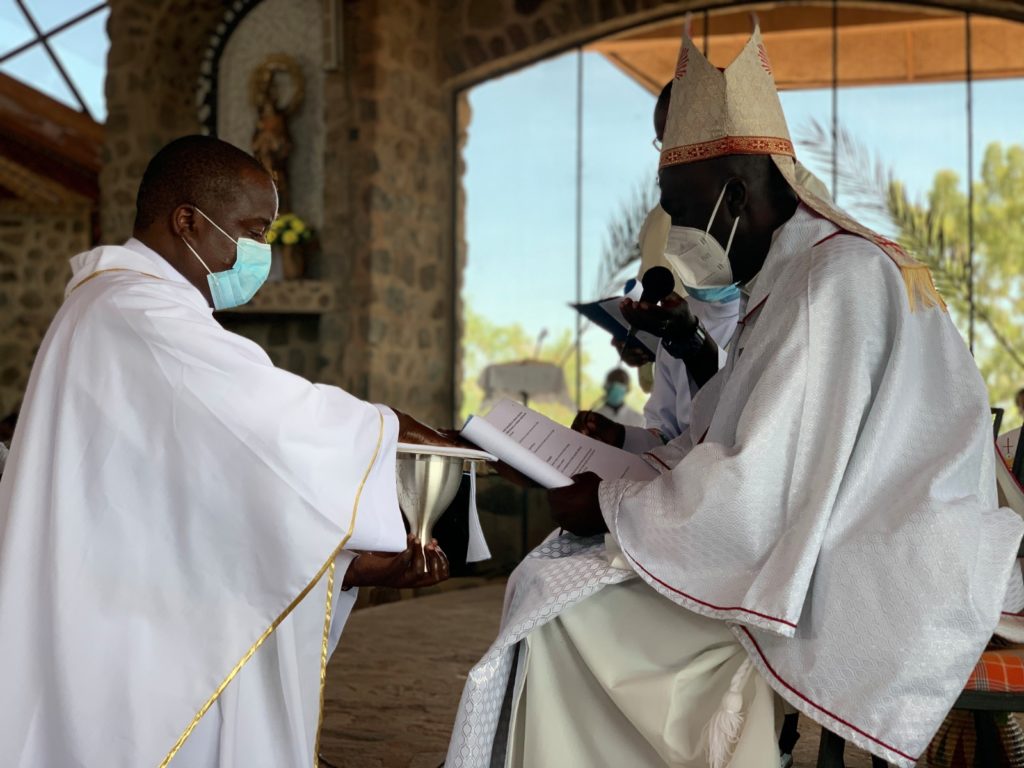
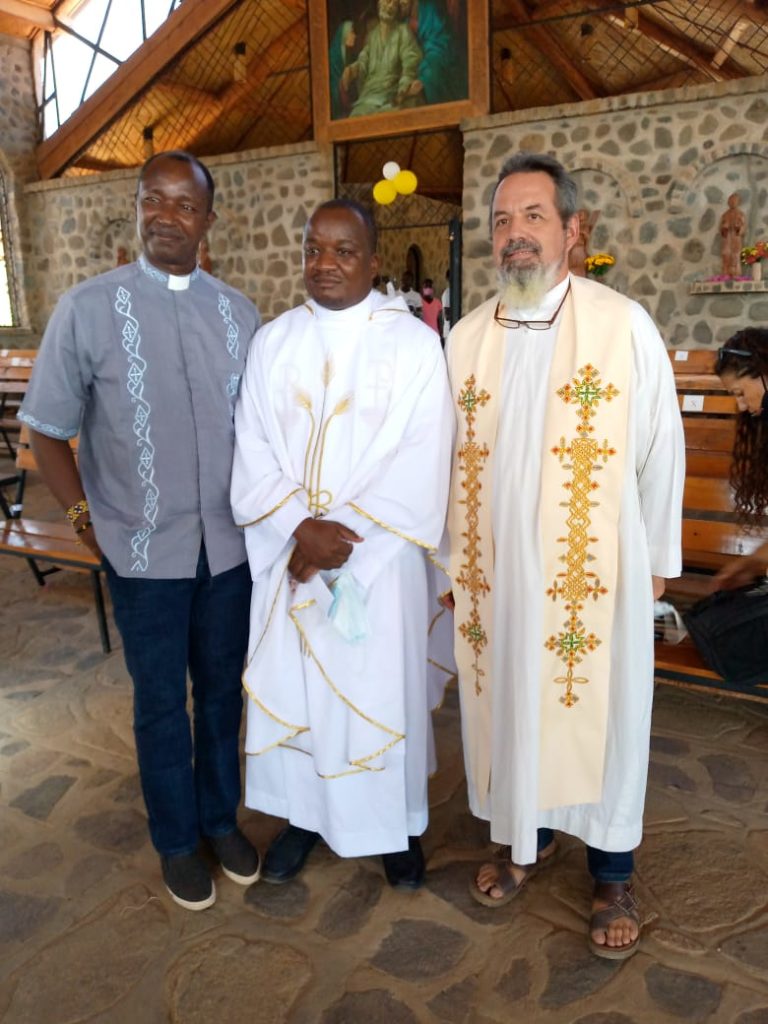
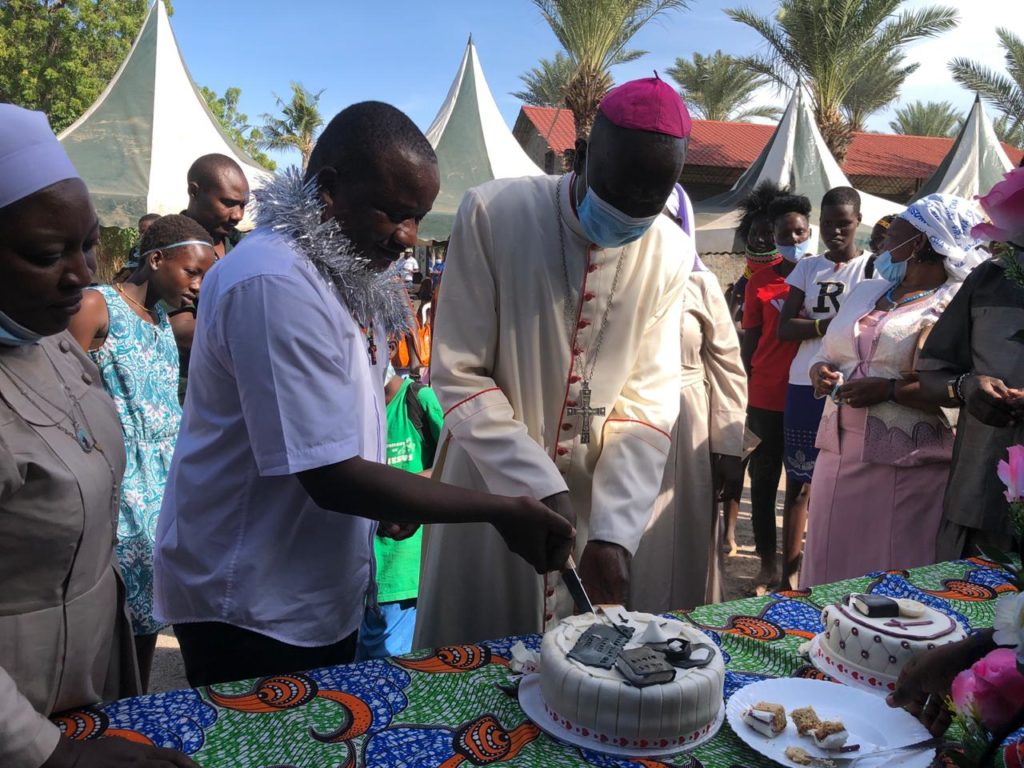
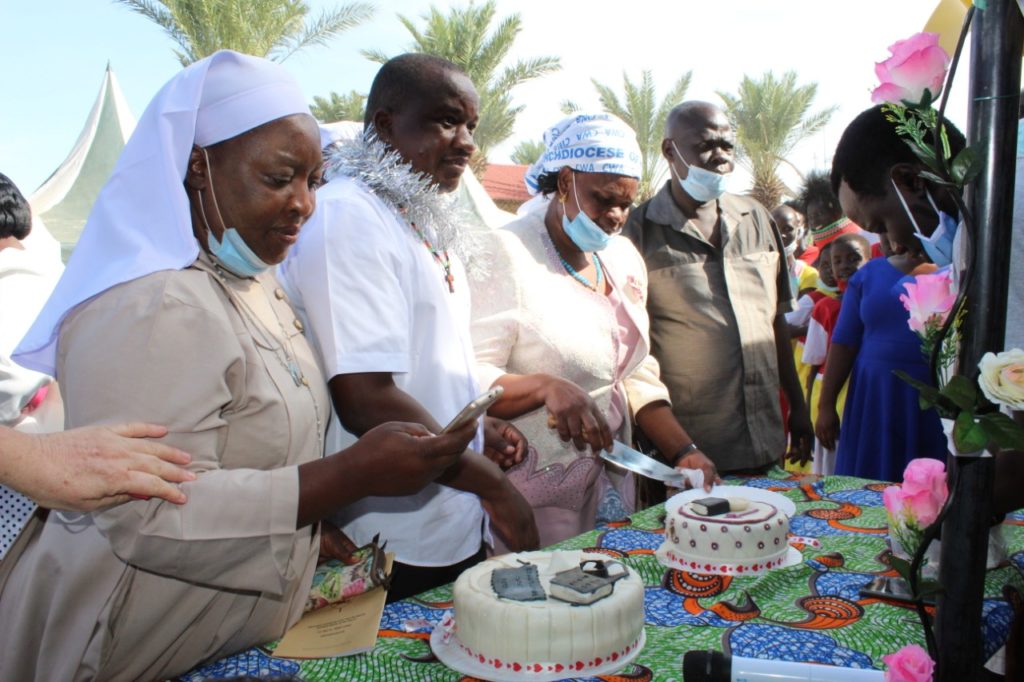
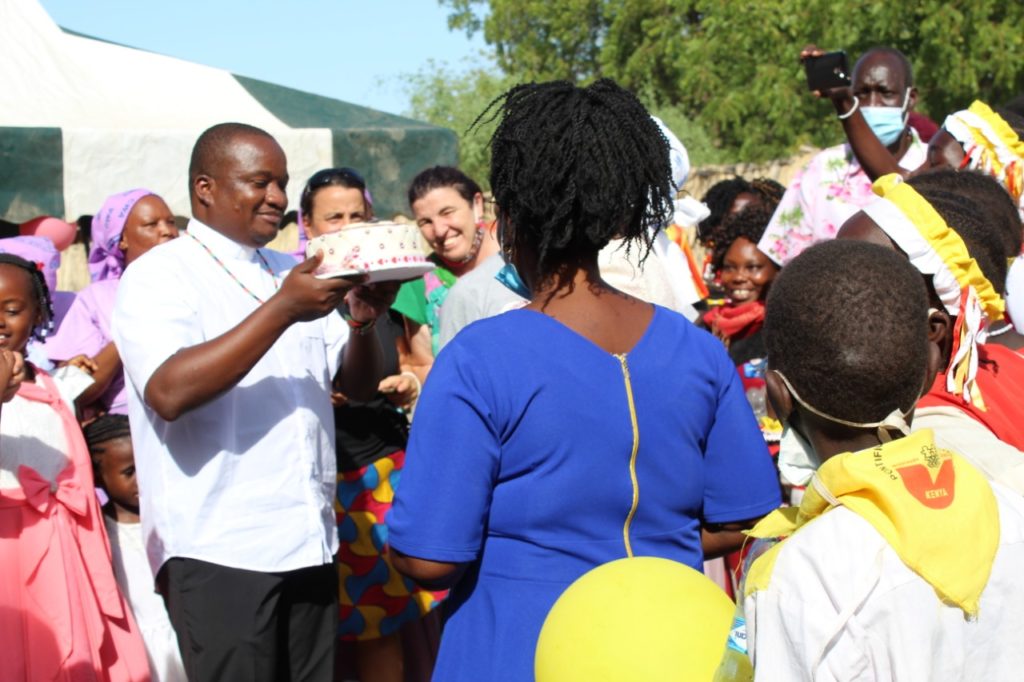
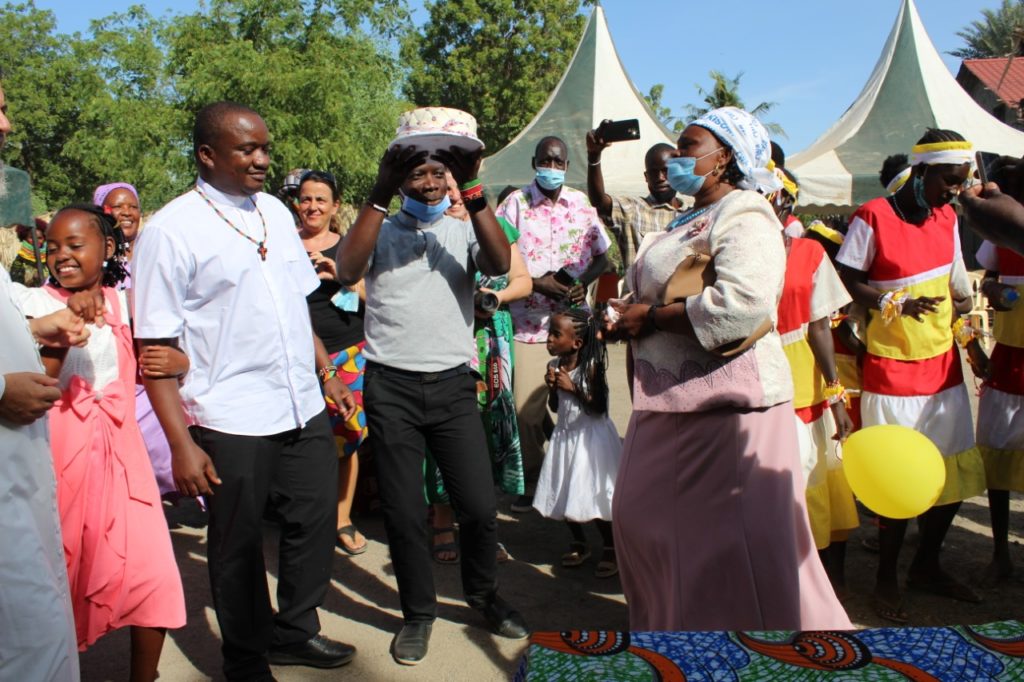
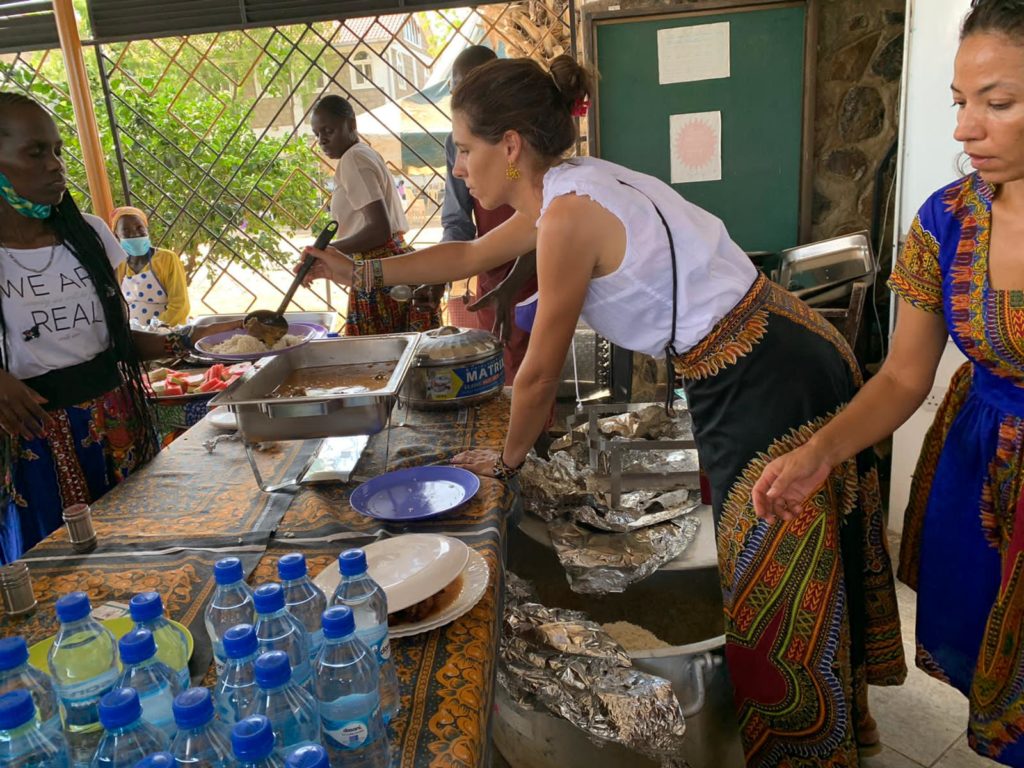
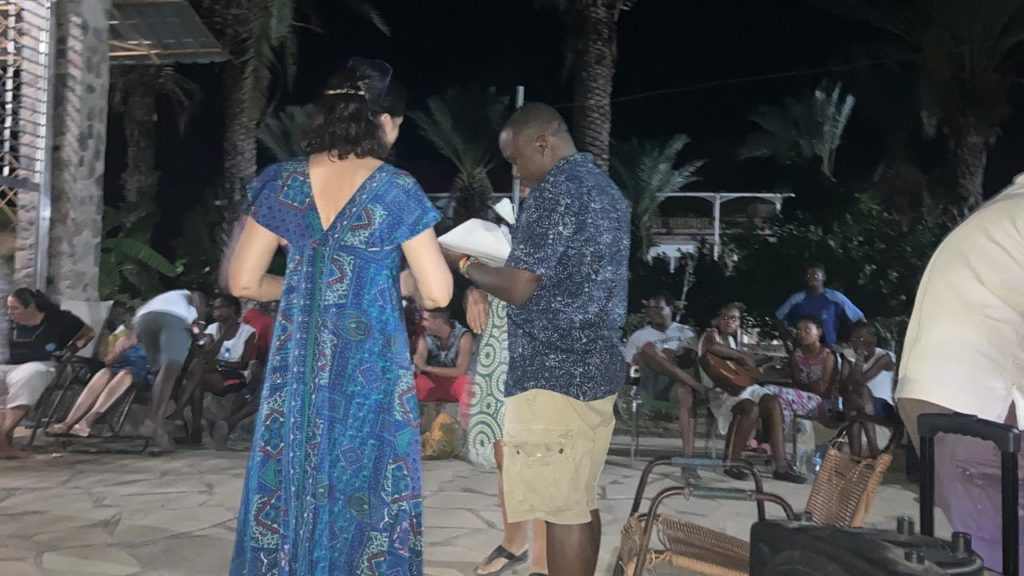
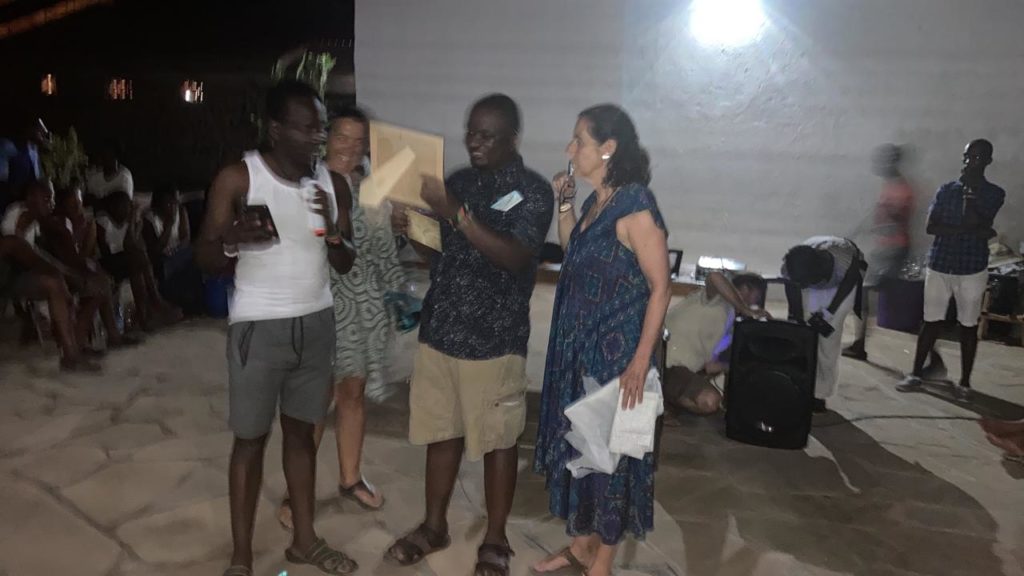
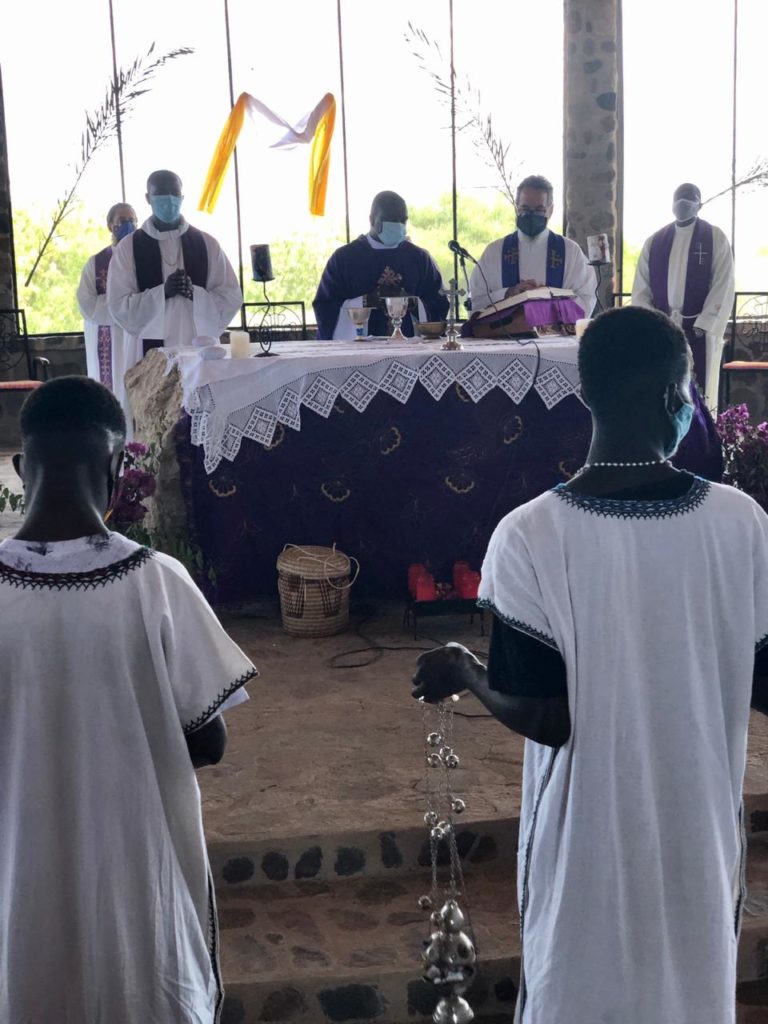
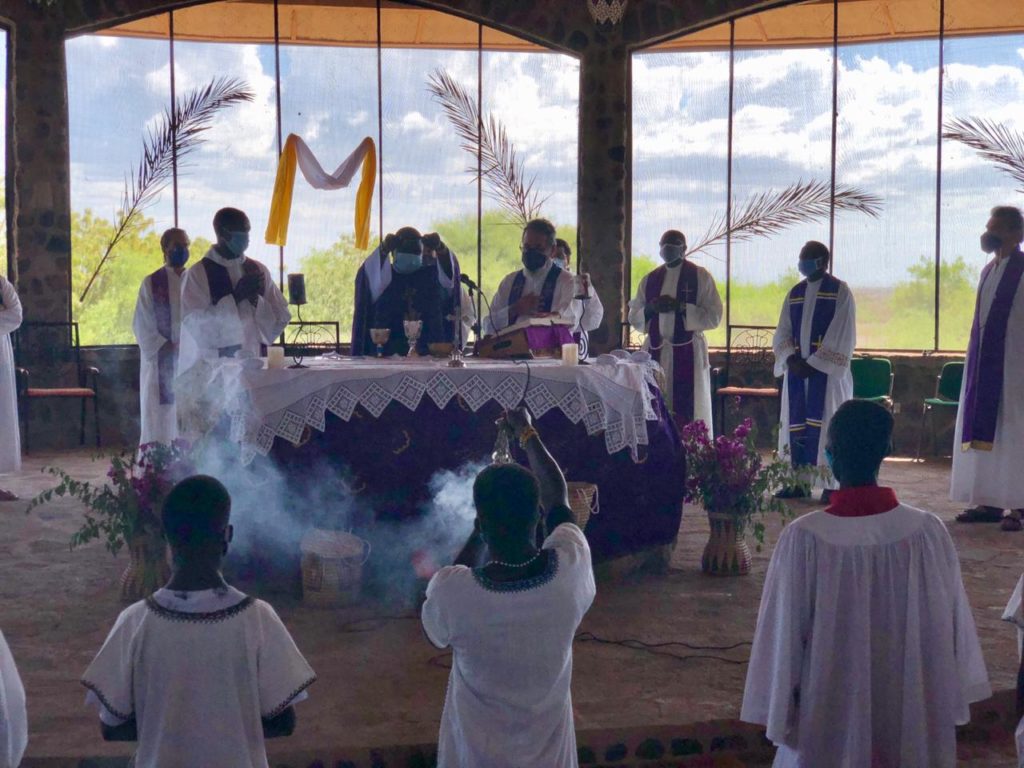
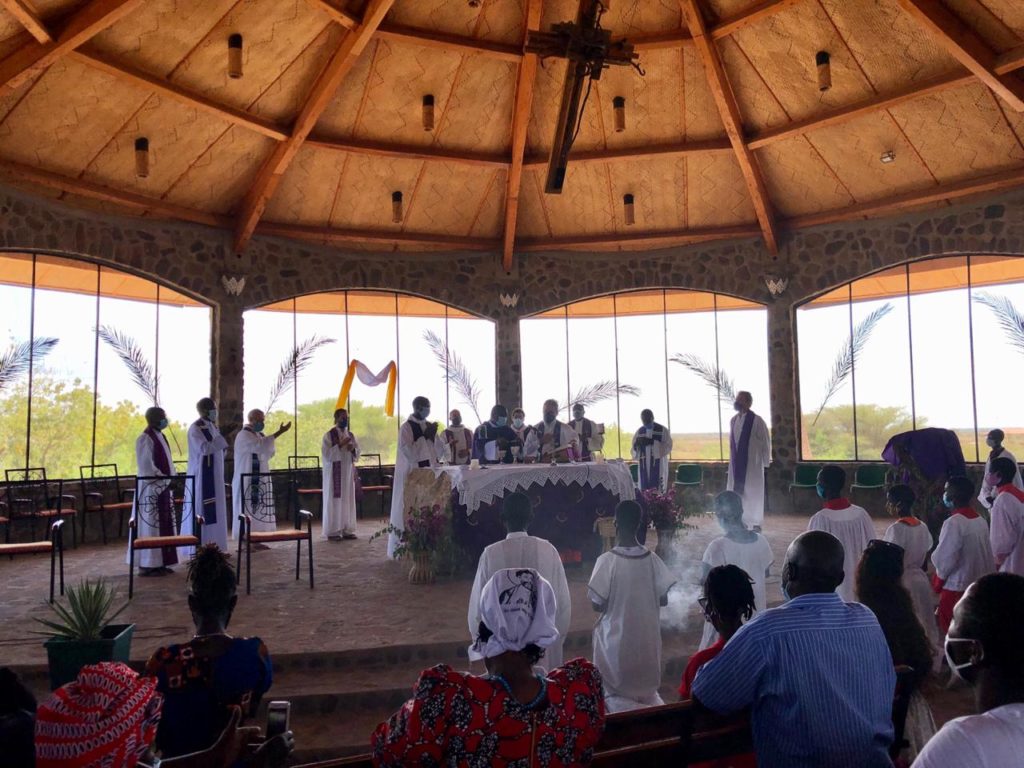
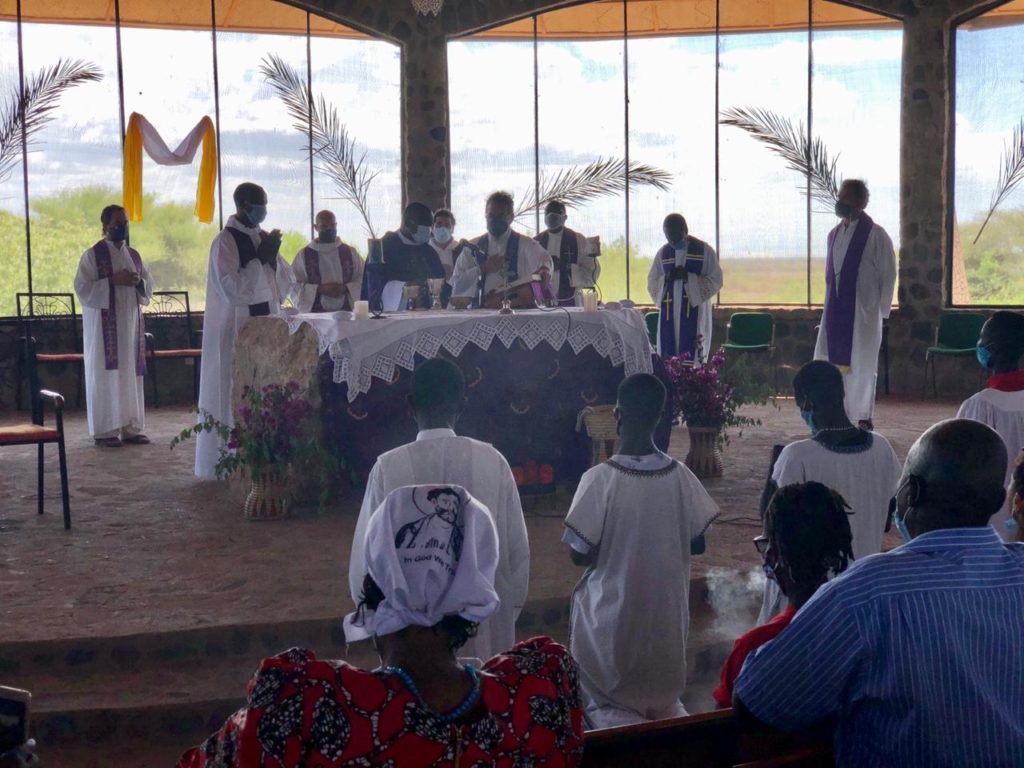
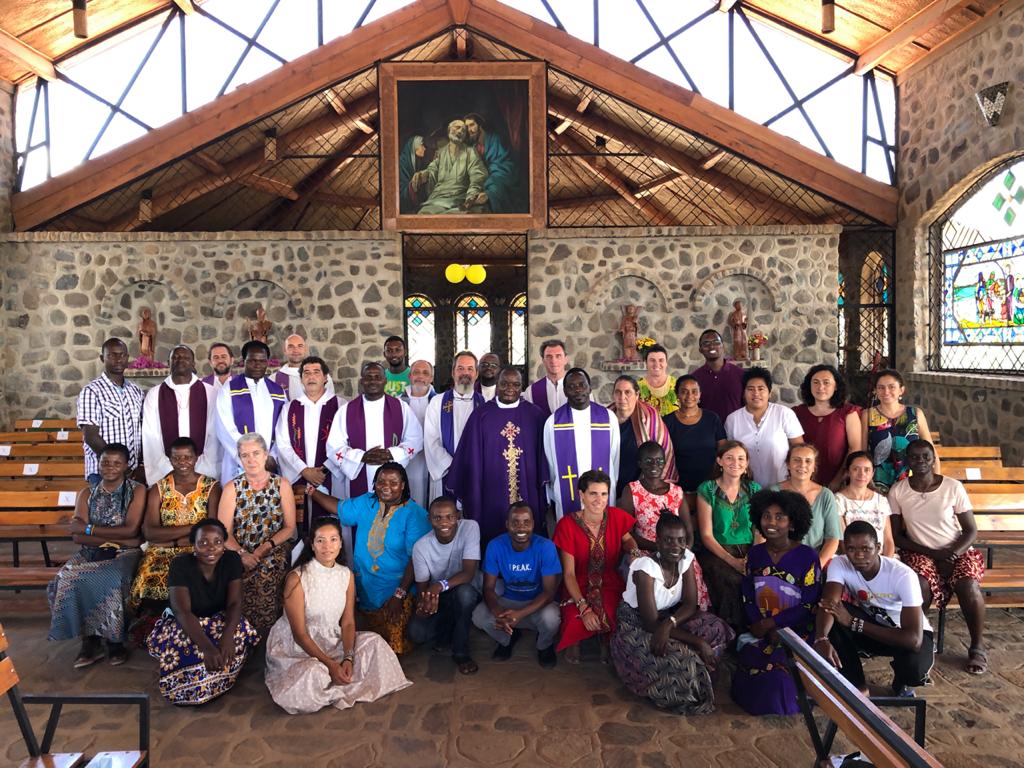
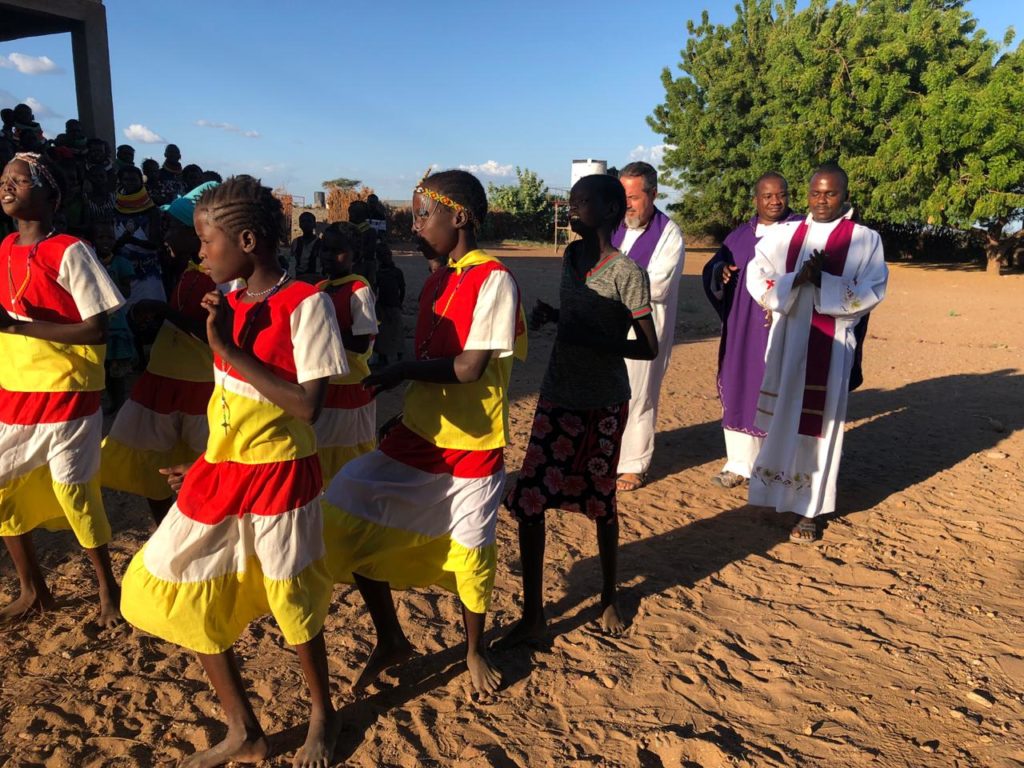
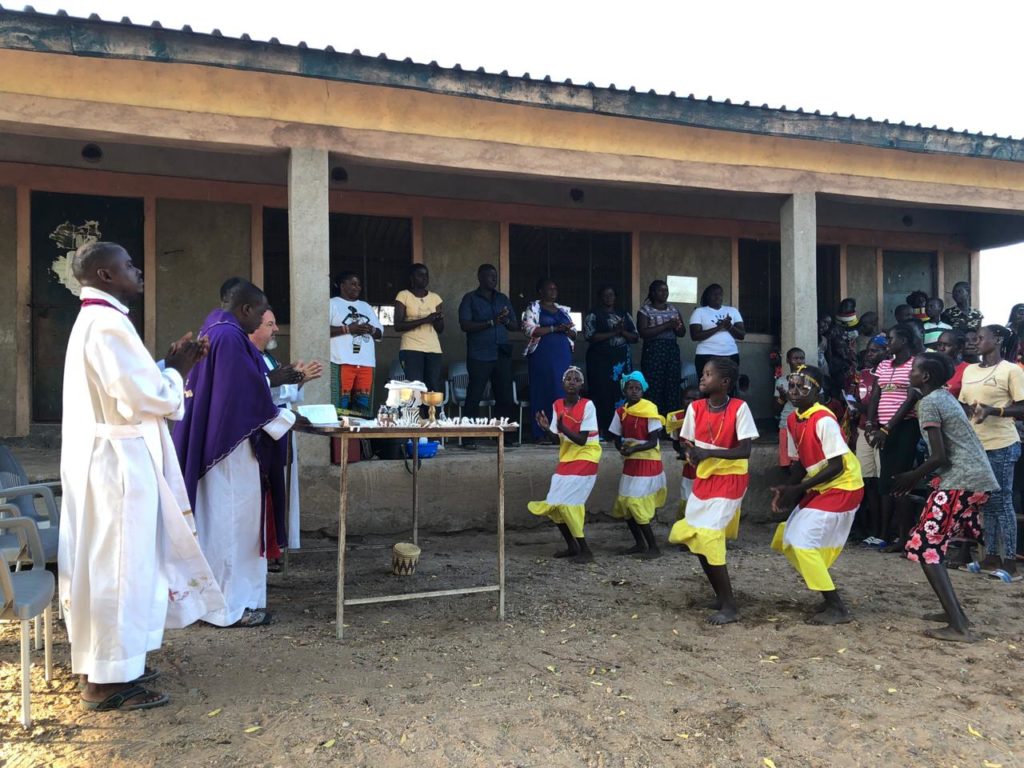
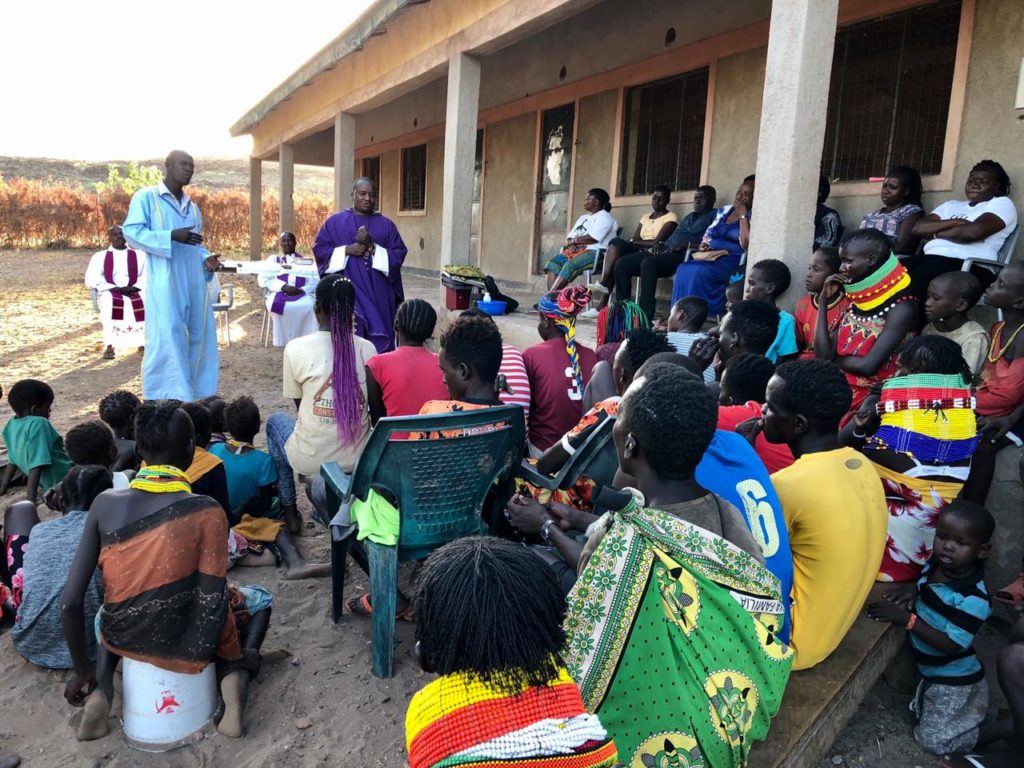
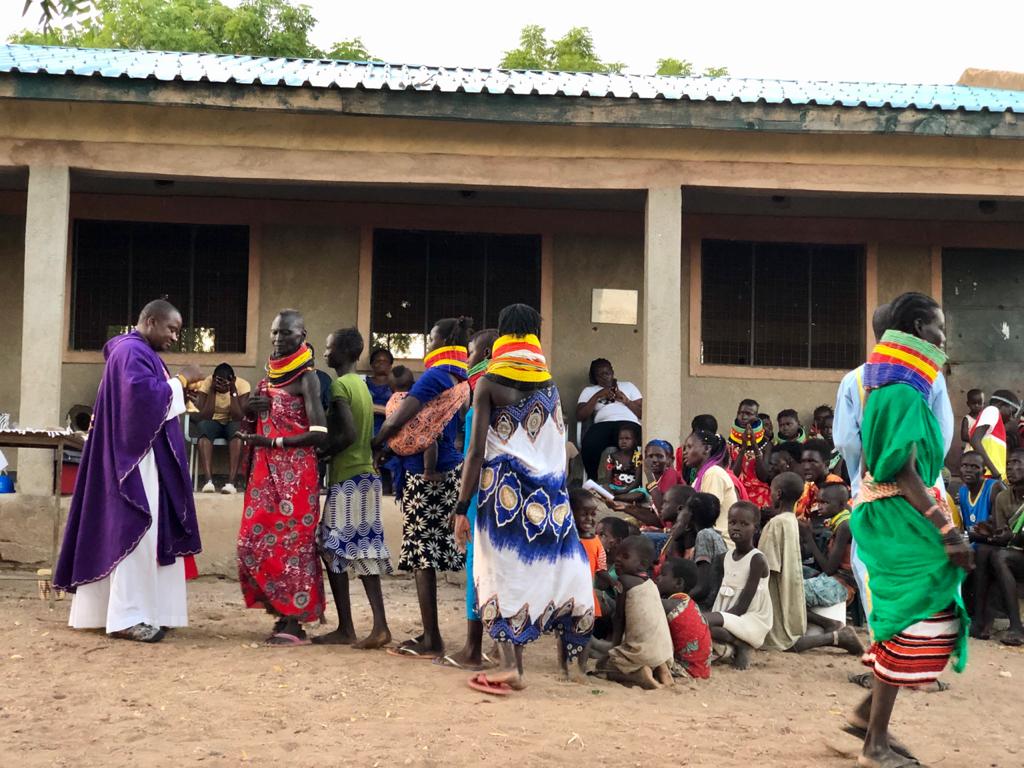
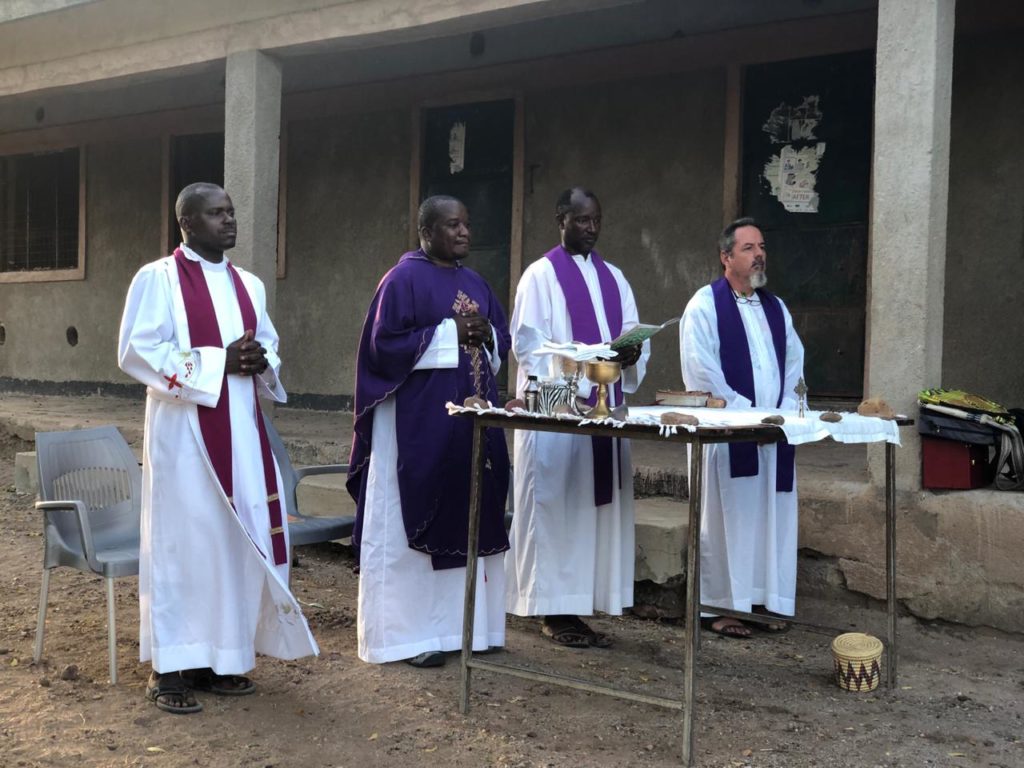
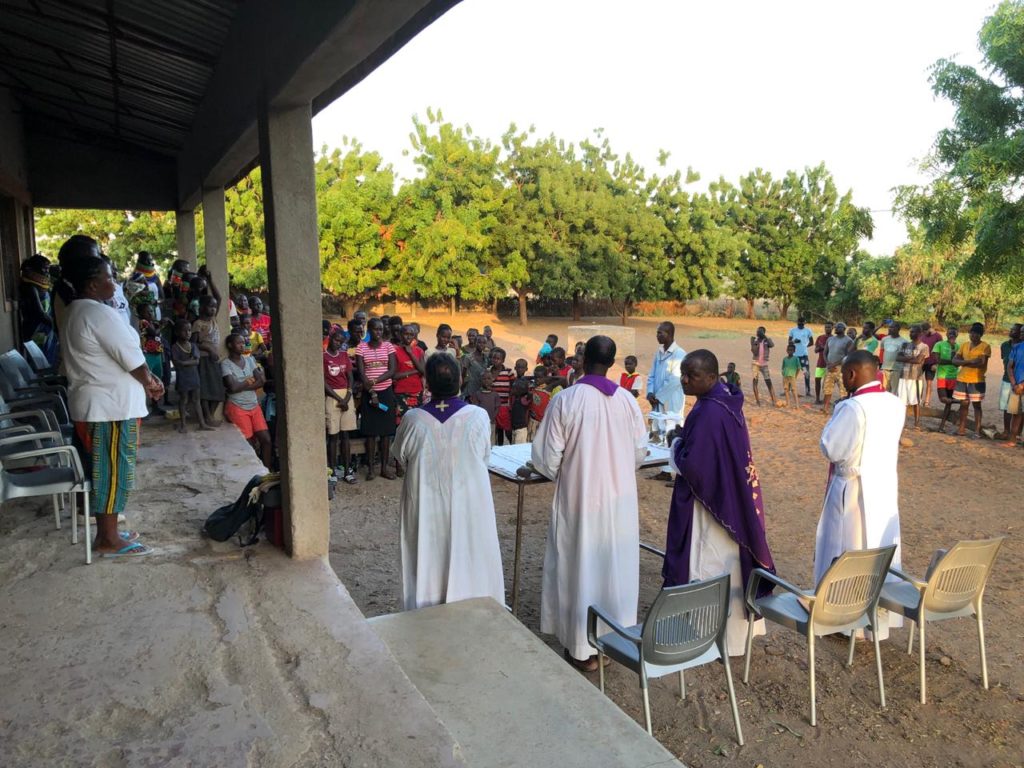
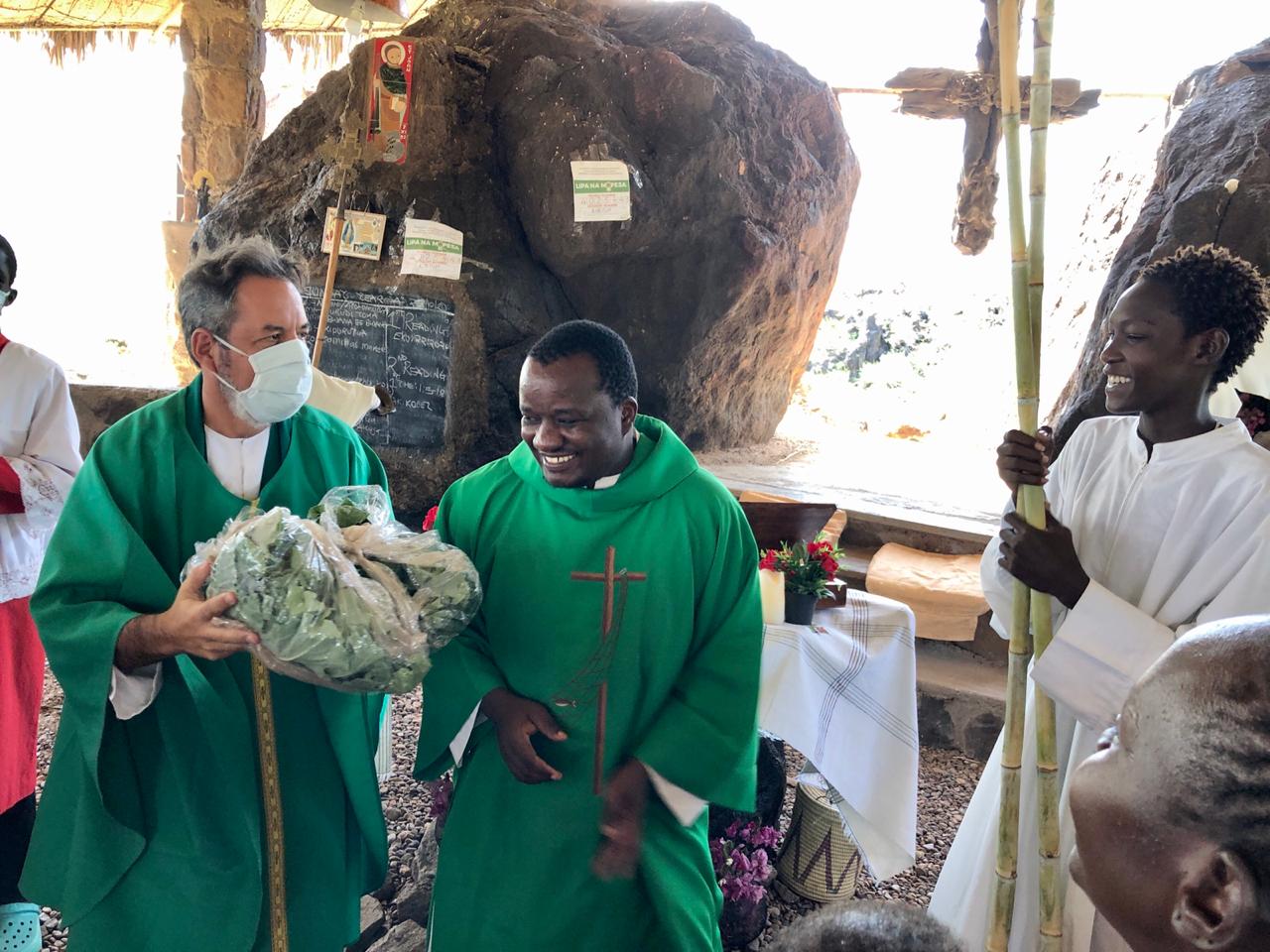
On 19th December 10:00 a.m. (EAT) Deacon Victor Owino Otieno will be ordained priest.
For those who are unable to attend because of Covid 19 restrictions, you can follow us via zoom under the following link.
MCSPA IT is inviting you to a scheduled Zoom meeting.
Join Zoom Meeting
https://us02web.zoom.us/j/89145277228?pwd=WXg2TEJUVXJUZzE2Q2Nta2cwLzB6QT09
Meeting ID: 891 4527 7228
Passcode: 989665
“For where two or three are gathered in my name, I am there among them” Mat 18:20
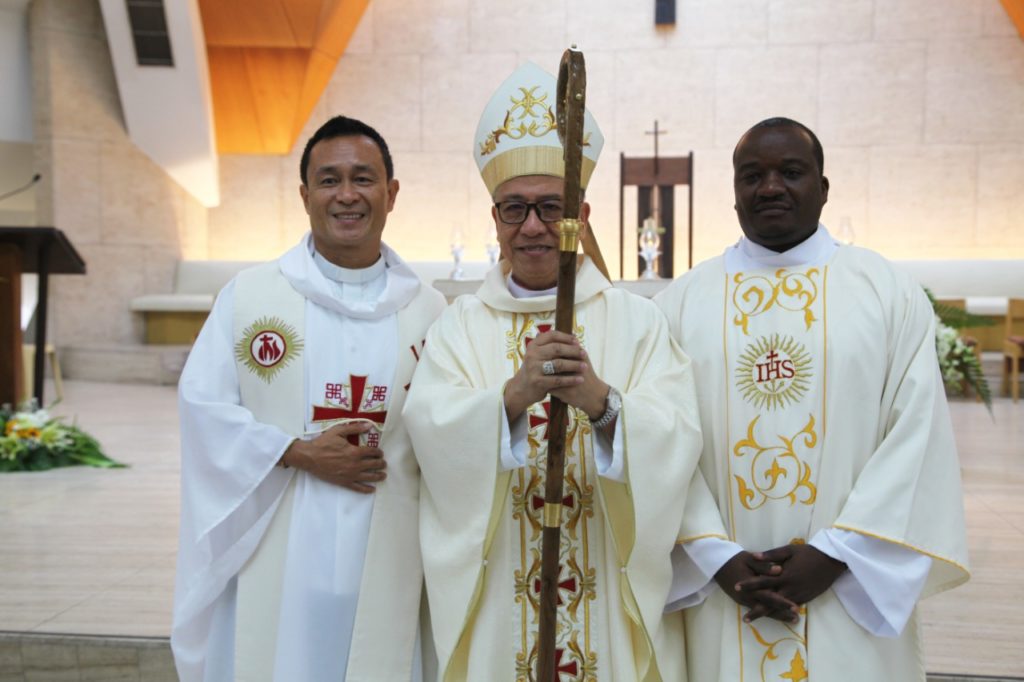
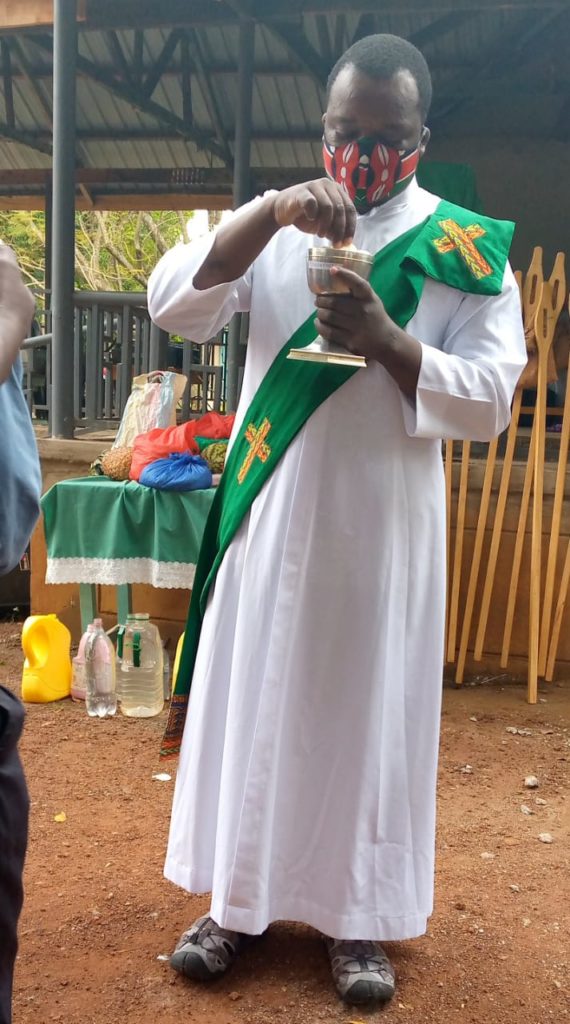
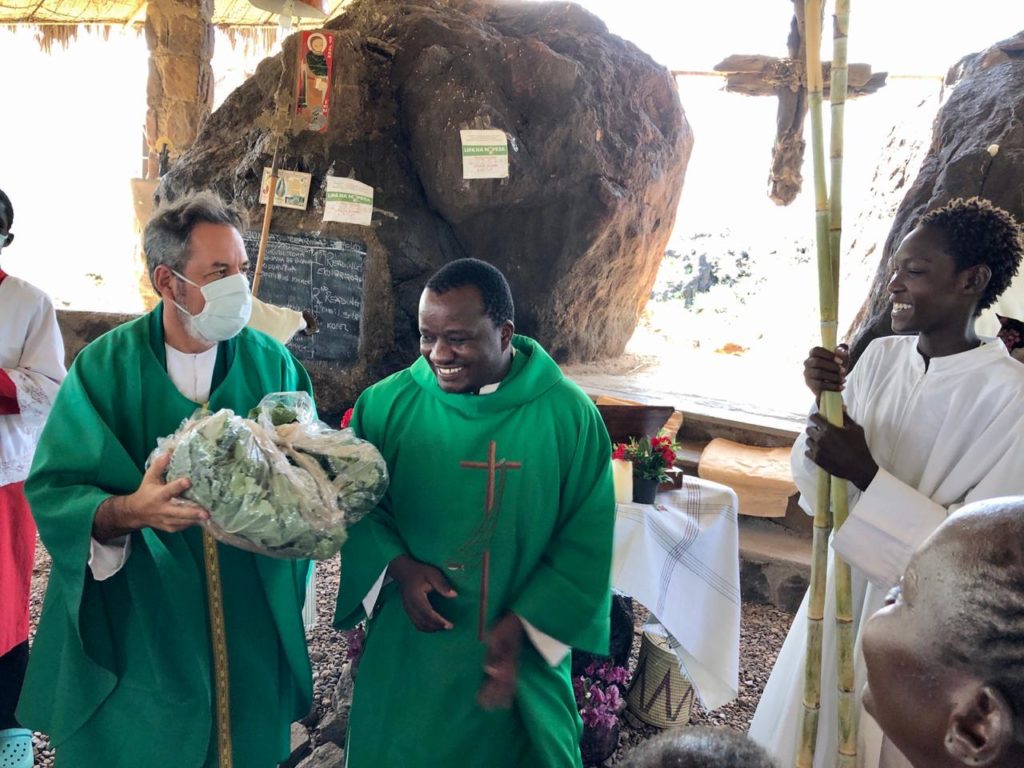
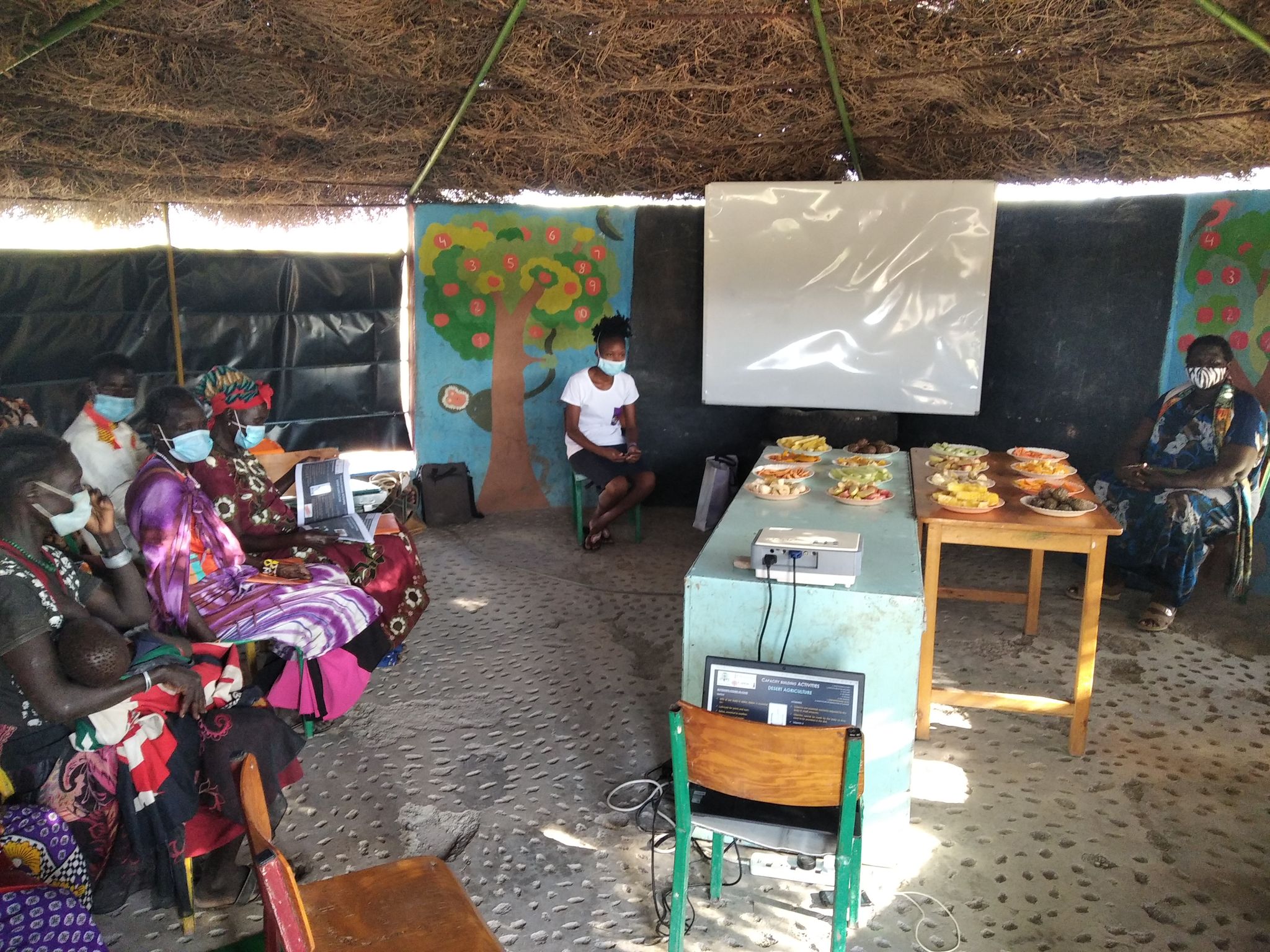
The MCSPA launched in 2018 a Pump Maintenance Unit (PMU) with the aim to secure the access to water in Turkana North.
The project is run by St. John the Evangelist, Lobur Catholic Mission. Three years down the line, the project has established itself in the area, where about 60 boreholes (30% of the total) are regularly checked, serviced and repaired.
The local communities contribute with a symbolic annual fee while at the same time are trained at the village level on how to maintain these essential facilities.
During 2020 Lobur Mission signed an ambitious three-year contract with a consortium of benefactors, to Improve the security of access to water and the environment management for Turkana North and Kibish sub-counties, with a total land of 17.500 sq. km inhabited by about 100.000 pastoralists.
The contract will now allow to equip the PMU to maintain not only the pumping facilities but the boreholes themselves, providing an integral service. Additionally to this main activity, awareness on rain water harvesting, environmental care, food security and sanitation and hygiene have now been included in the PMU Programme via Capacity Building Activities.
During the first week of December 2020 the first awareness activity took place at St. Eirin’s Nursery School where the following topics were addressed: desert agriculture practices, organic compost making and vegetable and fruits nutritional values, targeting a shift to a more varied and rich diet for the local inhabitants.
31 neo-farmers (23 women), coming from 11 different villages actively participated in a very intense workshop, with the collaboration of the Furrows in the Desert Programme and the Health Department of Lobur Catholic Mission.
Pablo Moñino, Lobur Catholic Mission
Partners consortium: Prince Albert the II of Monaco Foundation, Slovak Aid, UNESCO, Irish News and Emalaikat Foundation.
All the event was broadcasted live by Radio Akicha Lodwar.
https://www.facebook.com/101004203273481/videos/373448393754088/
https://www.facebook.com/101004203273481/videos/3570004013067449/
https://www.facebook.com/101004203273481/videos/373448393754088/
Videos:
https://www.dropbox.com/s/vtbg6xl0ng5ilgk/VID_20201202_154157.mp4?dl=0
Audios with a description of the Project:
https://www.dropbox.com/s/npas0i11iwqw3ct/Audio%201.opus?dl=0
https://www.dropbox.com/s/n35tc2g7u2tx4iy/Audio%202.opus?dl=0
https://www.dropbox.com/s/8vxsdnjz08vso4i/Audio%203.opus?dl=0
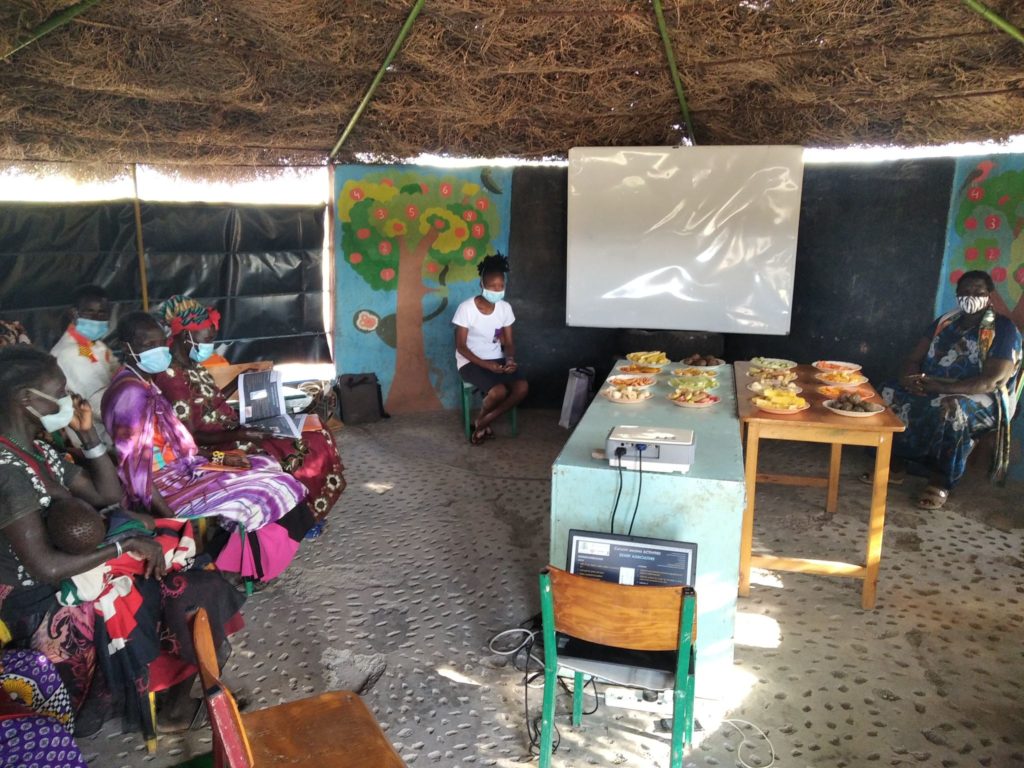

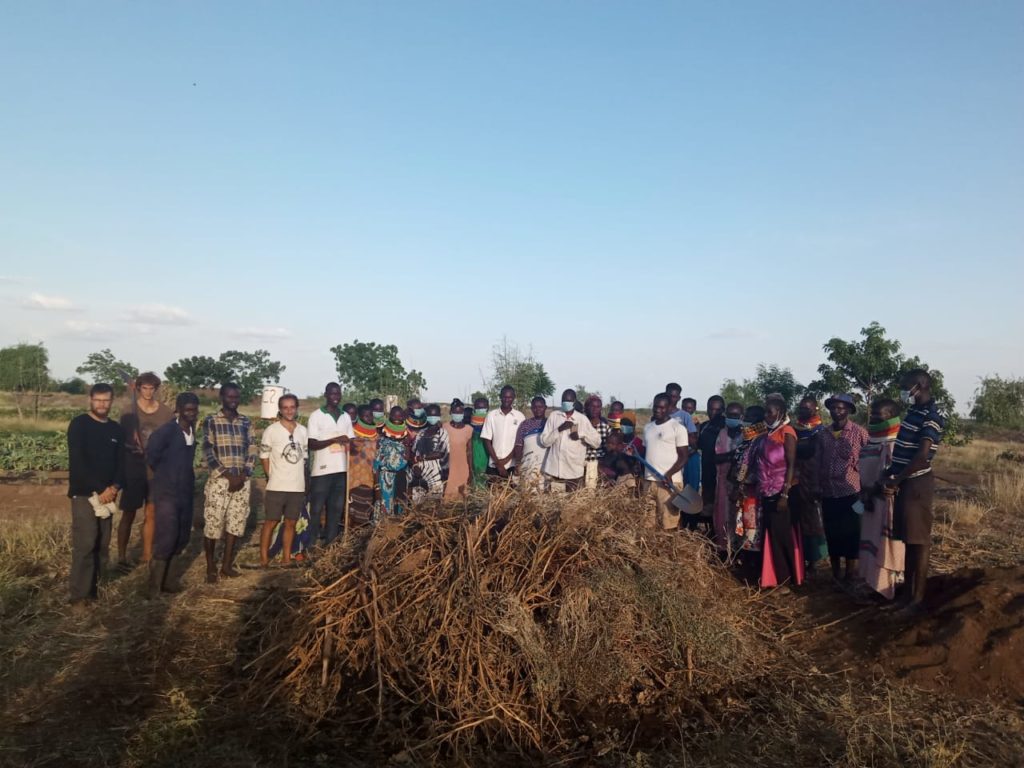
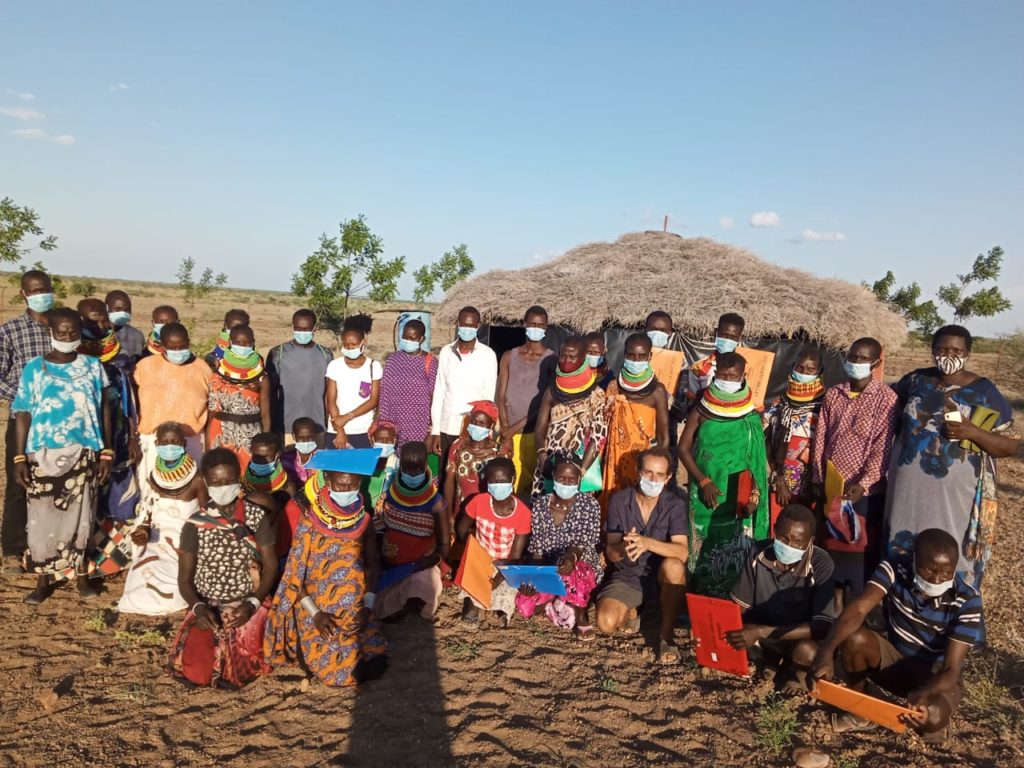
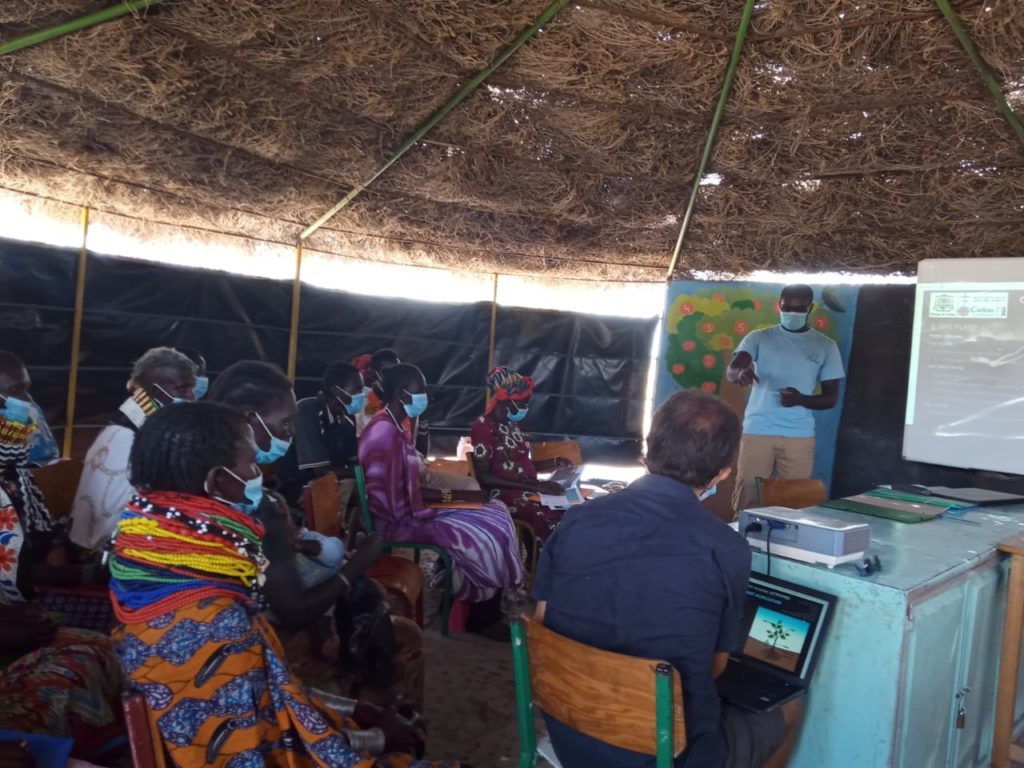
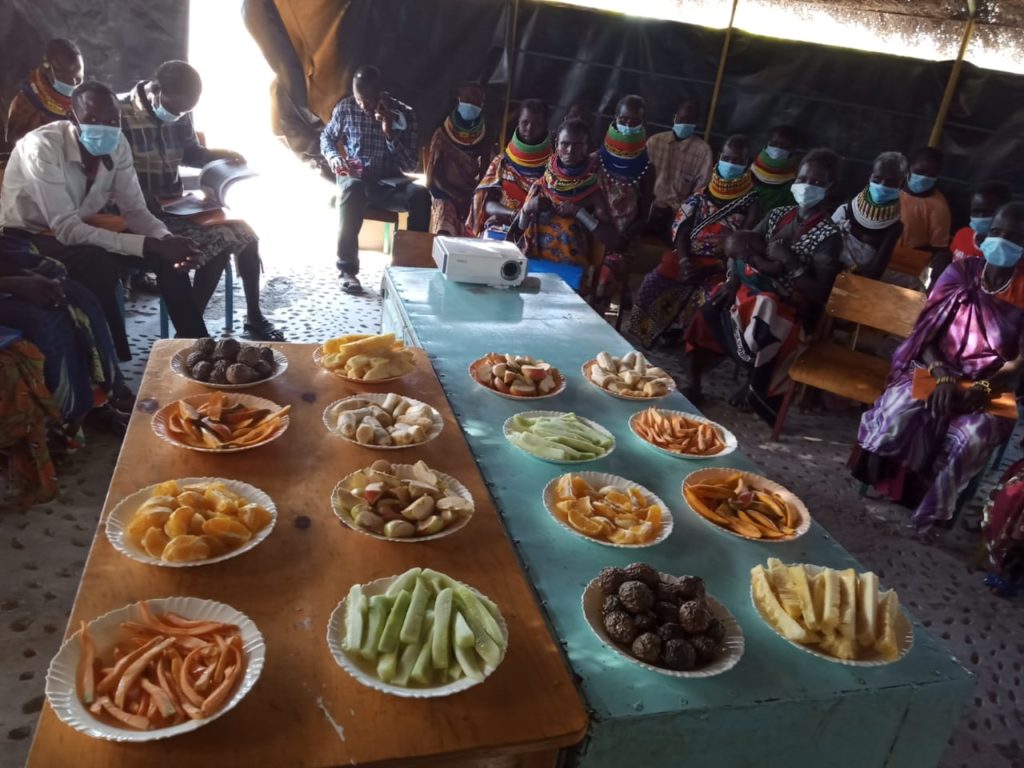
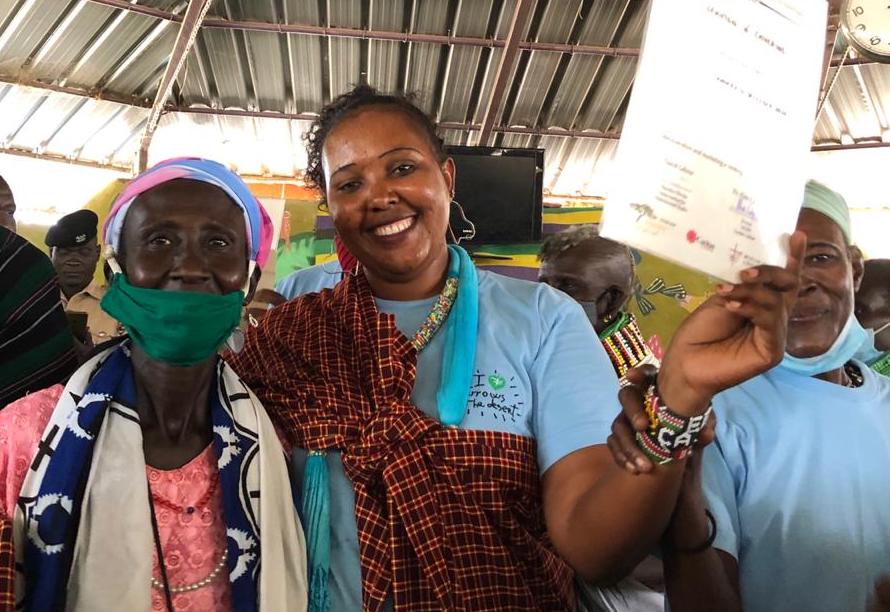
Today we celebrated the 14th Graduation of “Furrows in the Desert” in Lobur Catholic Mission. The celebration was a colourful one and took place in the dinning room of Saint Irine Mother and Child Centre, just at the entrance of the Mission.
The students, now farmers, could not hide the joy after completing their training course. They were all awarded certificates because of their good and hard work, after completing six months, doing both class and field or practical farming studies. During the six months they have been able to eat from the produce they planted while learning.
Despite the covid19 pandemic, the trainees have tried to observe the rules and regulations announced by the Ministry of Health of Kenya. That is why they have achieved their goal of graduating and of being declared as one of the best team since Furrows was started in order to fight food insecurity in Turkana.
We have witnessed real agriculture taking place in our region, we have seen and tasted the sweetness of the products. This year, the trainees came from different parts of Turkana County. In addition, a number of trainees came from Marsabit County, proving that Furrows in the Desert is alive and it is still transforming people’s lives.
The achievement has been thanks to team work, especially supported by the Lobur community, establishing a conducive environment where the trainees have been able to accomplish their goals and become skilled farmers who are ready to transform their land, known to be barren, into a garden of Eden.
Fr. Joseph Githinji MCSPA
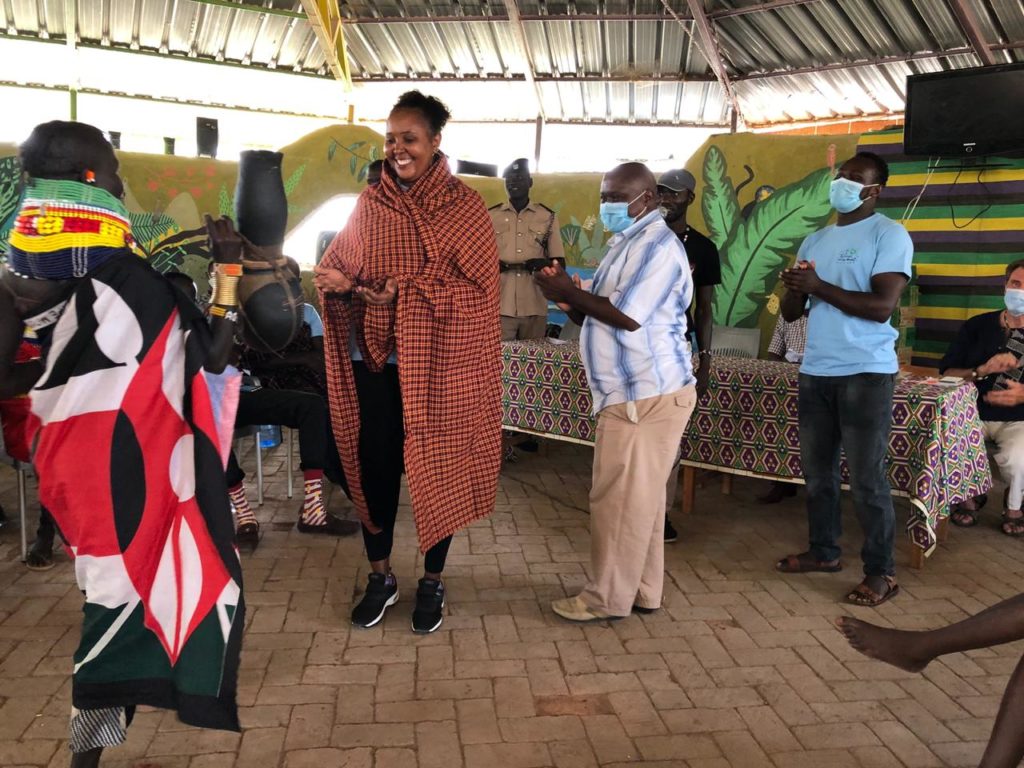
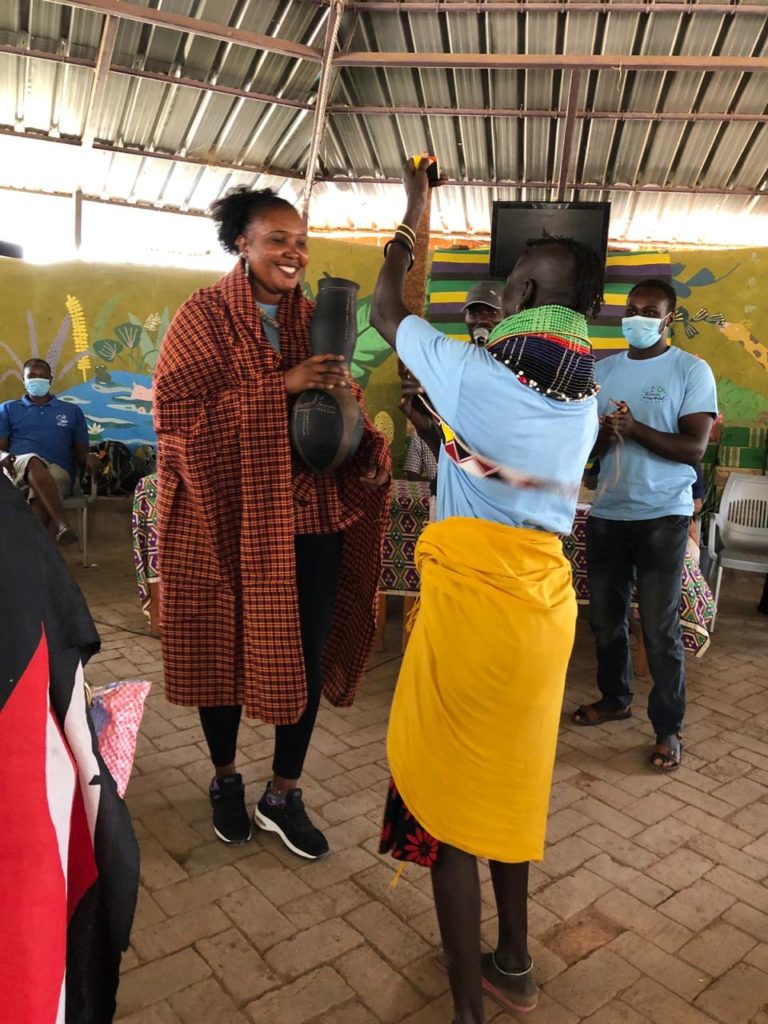
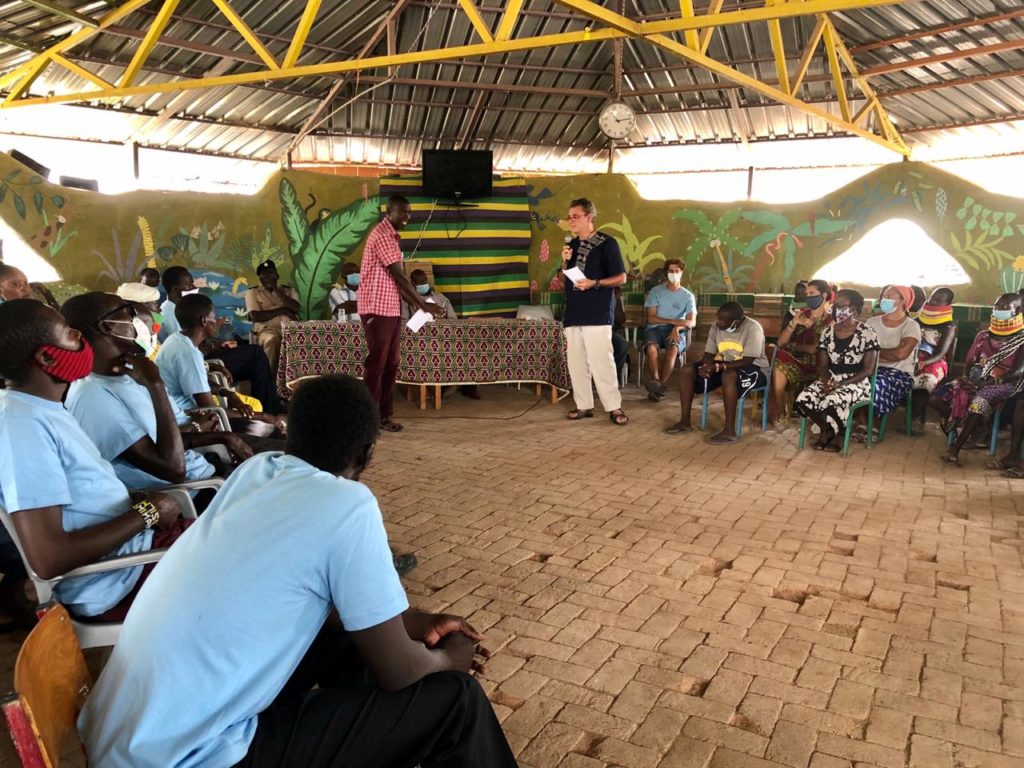
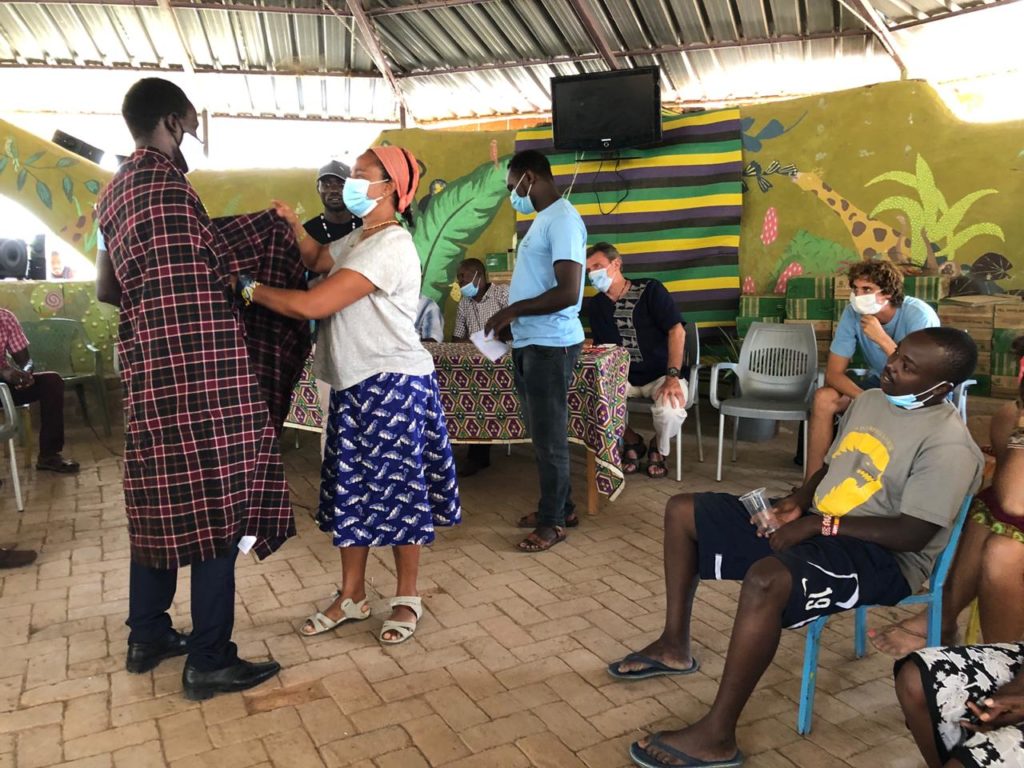
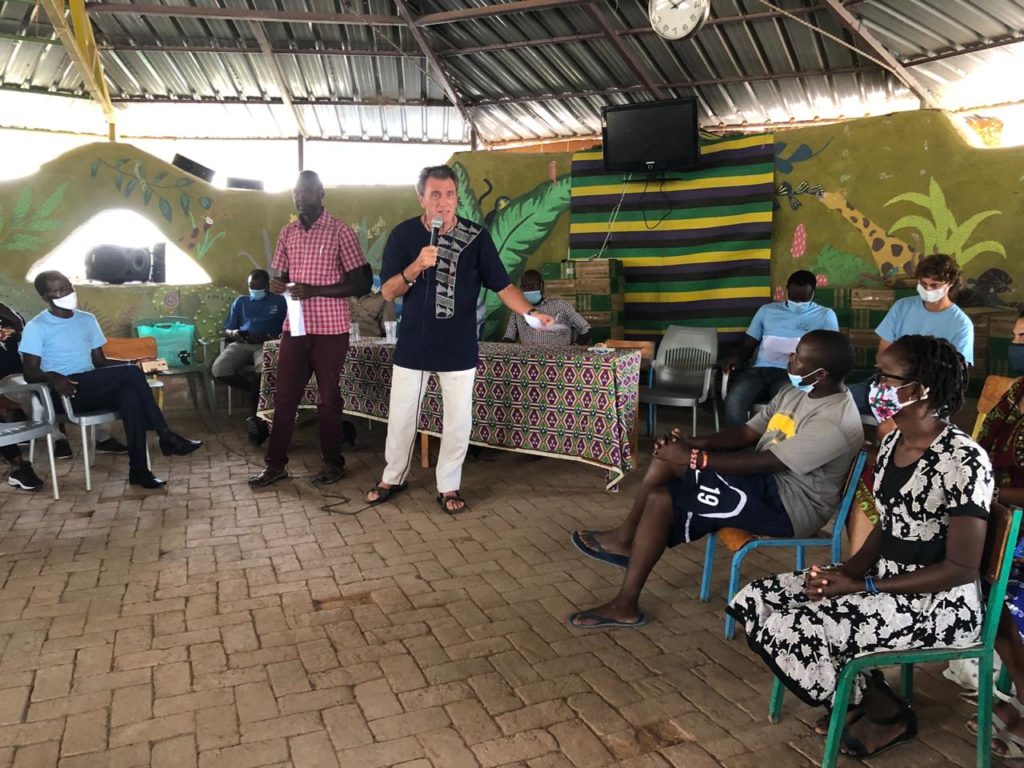

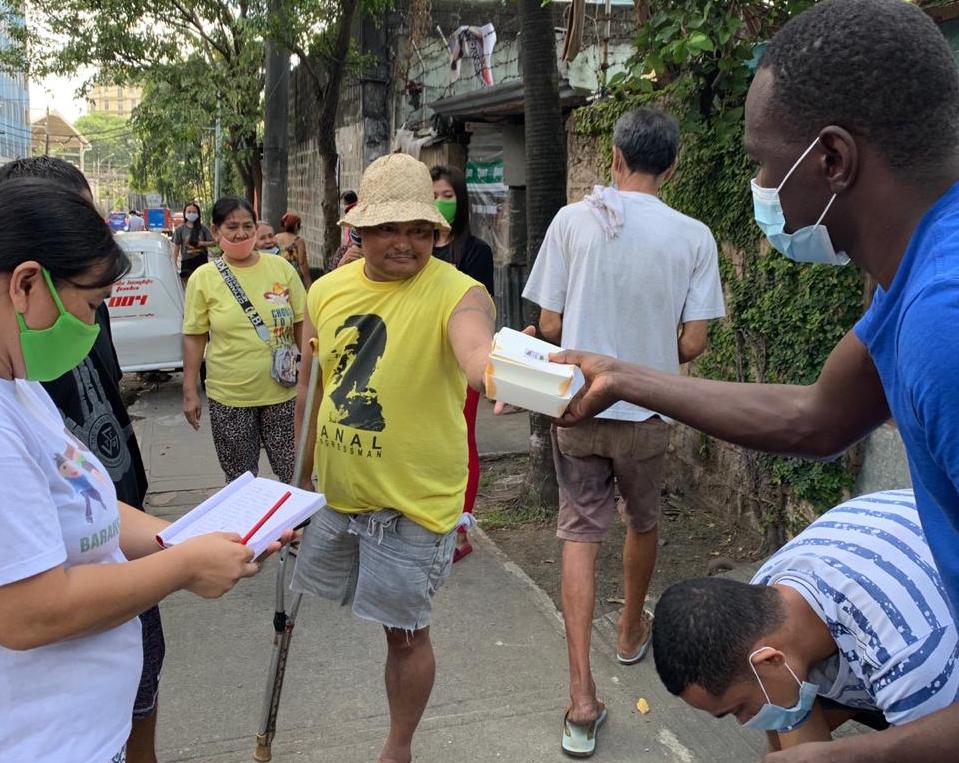
Dear friends,
Yesterday, on the Feast of St Andrew the Apostle, our friends and contacts at San Miguel Island are distributing canned food to the 900 families on the eastern part of this island off the eastern coast of Luzon. This was happening even as we were writing this update.
After being battered by typhoons Rolly and Ulysses, help is only still trickling in as the people on the island slowly rebuild their lives.
We provided rice a week ago as an emergency Phase 1 step, and now we organised with the local leaders for Phase 2: the provision of canned foodstuff for all the 900 families. We thought it was going to be logistically difficult but thanks to the responsible leaders and good cooperation from volunteers from the community, the foodstuff was purchased in bulk in Tabaco City and shipped over to San Miguel.
There were volunteers from among the families who spent the weekend packing the food bags for distribution.
And nearer to Metro Manila, we continued to distribute food bags last week to families of Marikina City which was badly flooded by Typhoon Ulysses.
In addition, every alternate Sunday, for the past 5 months, we have been giving out cooked meals for 70 children at Ronas Garden near our Formation House. However, this December, we will make it every Sunday instead, thanks to persons of goodwill!
So on this significant feast of the Apostle who brought his brother Peter to meet Jesus, the Missionary Community of St. Paul the Apostle would like to thank you for your part in making possible this encounter between those in need and God’s mercy and love.
Fr. Francis Teo MCSPA
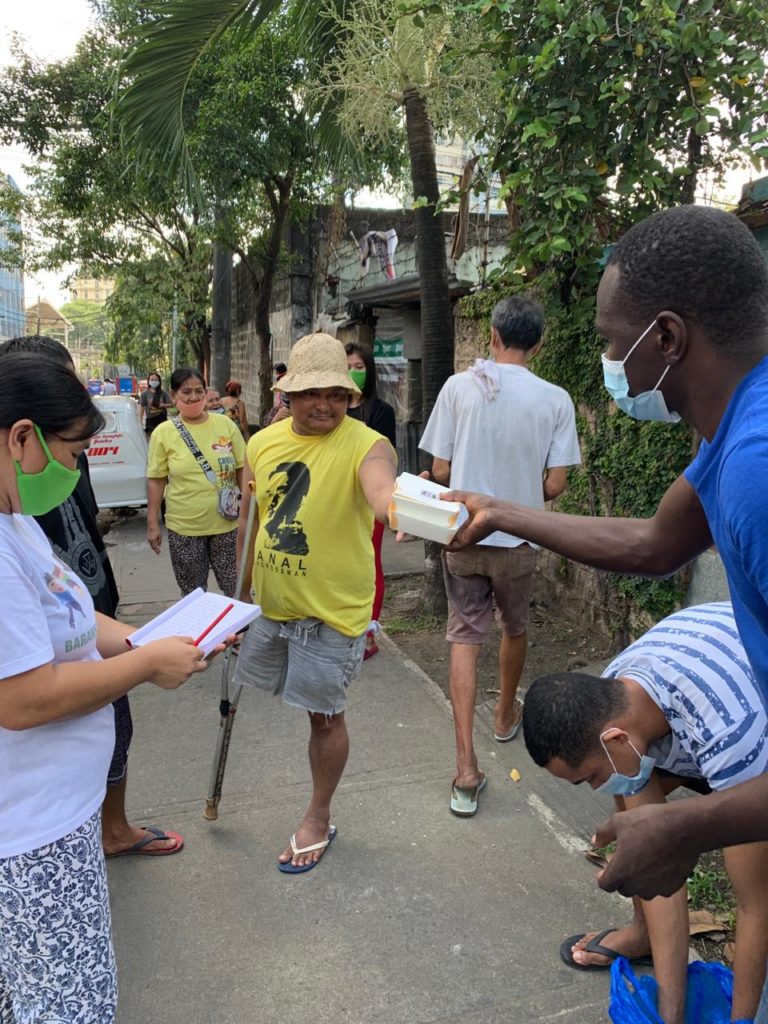
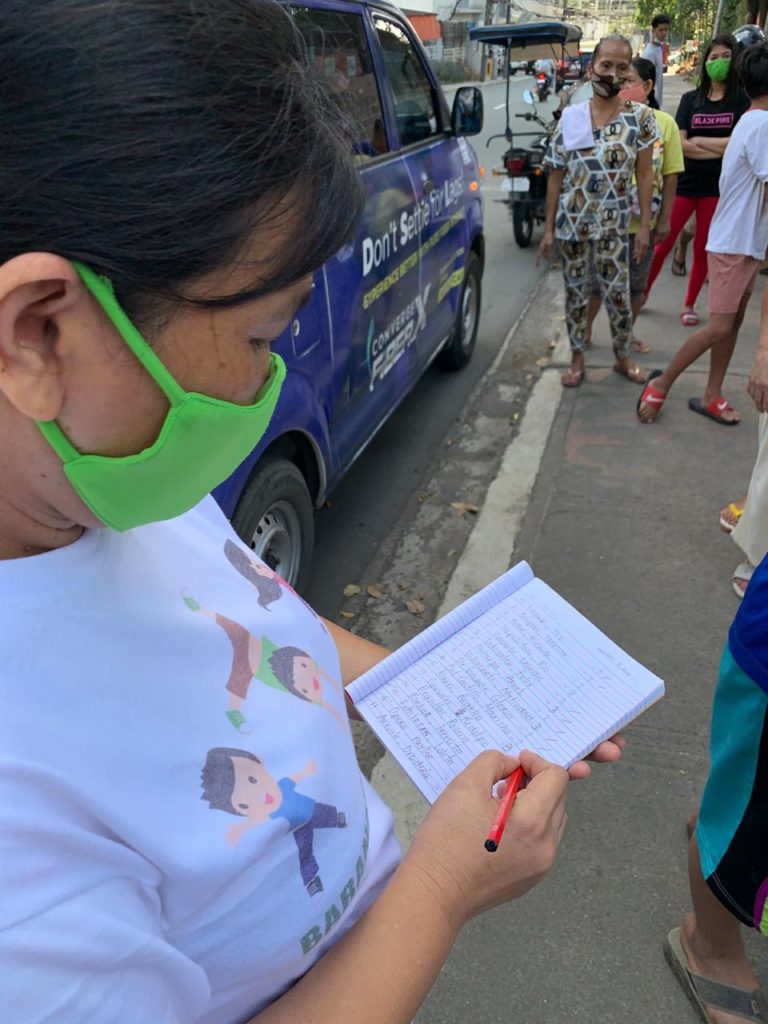
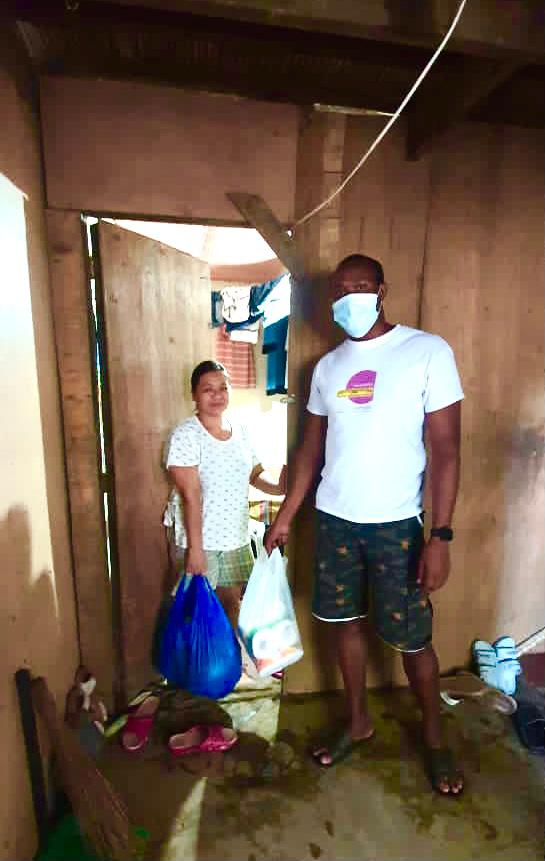
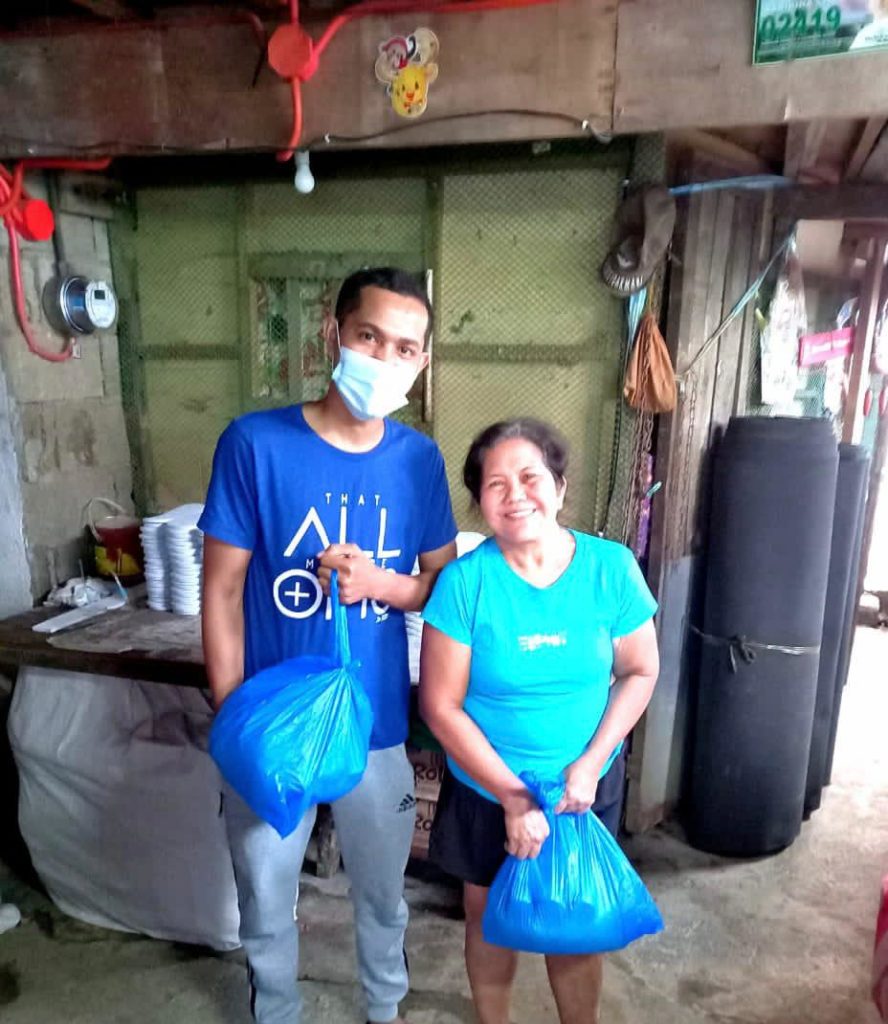
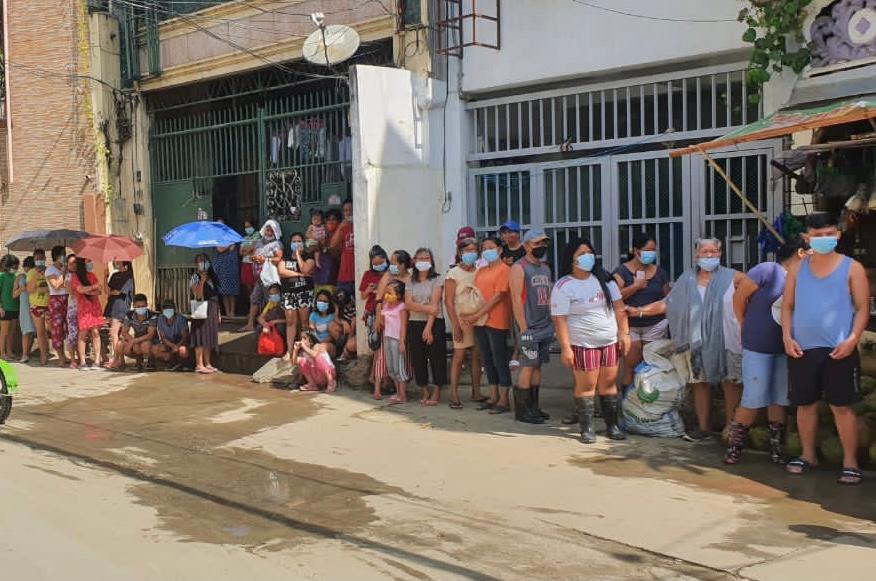
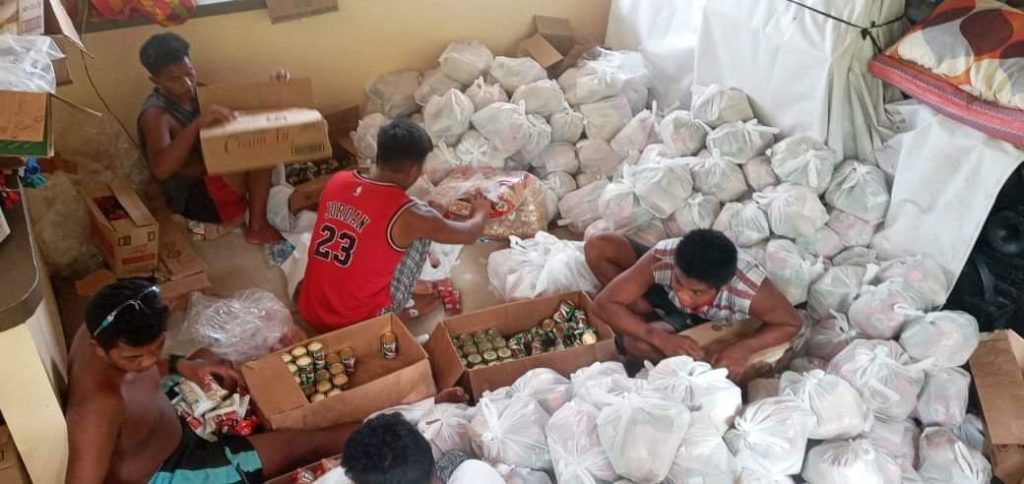
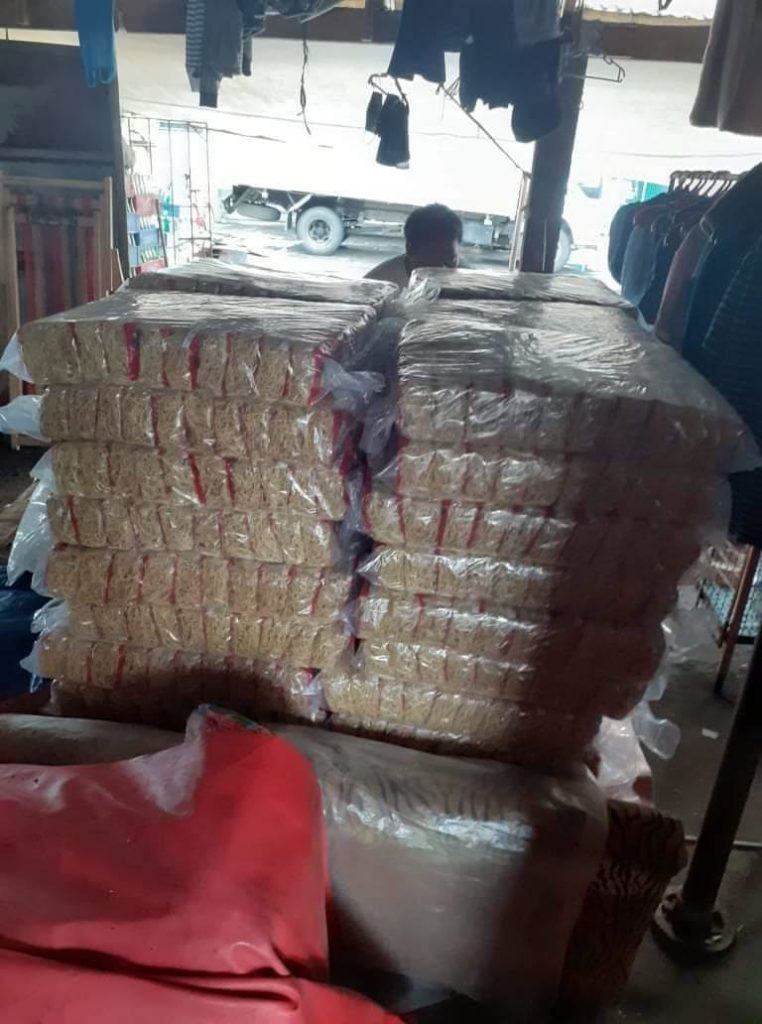
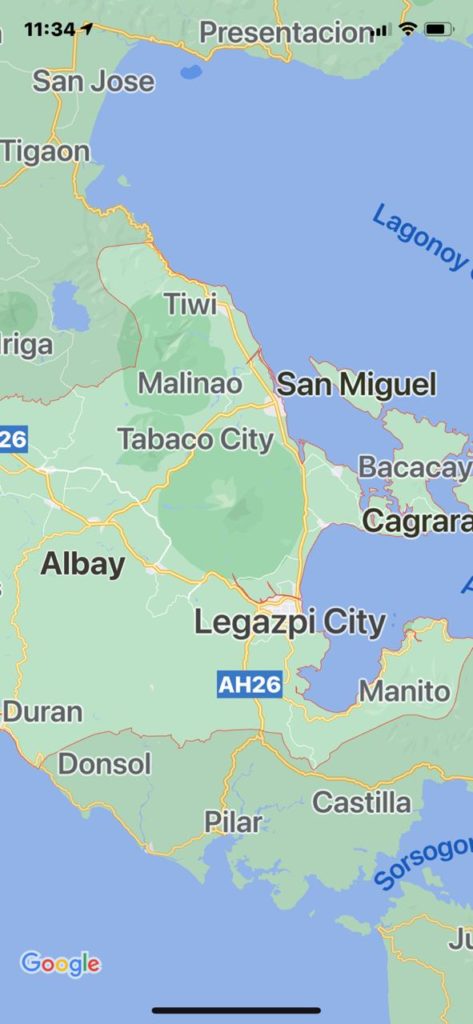
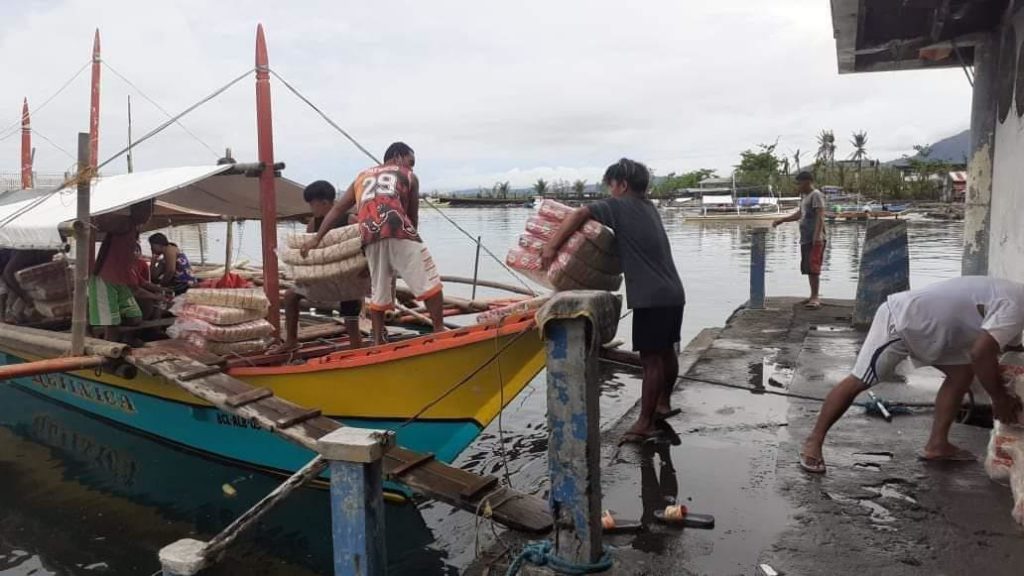
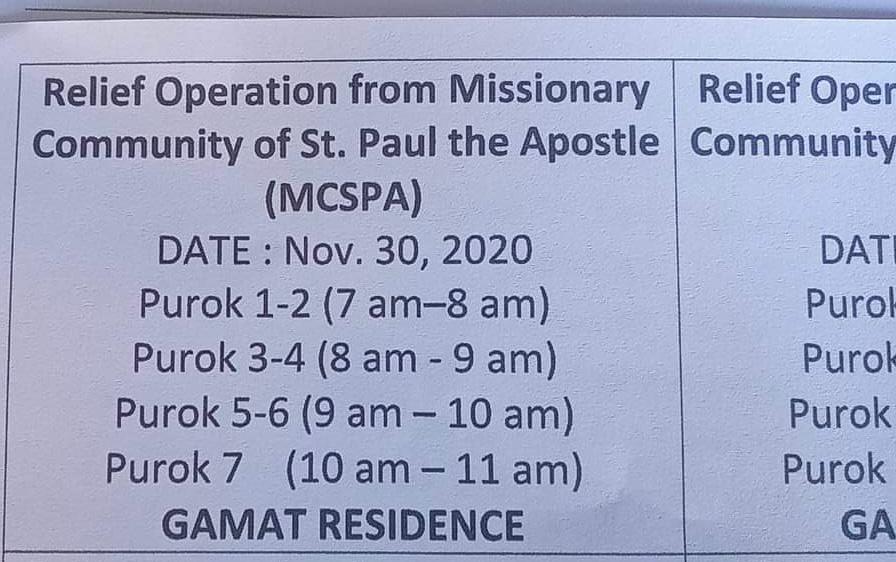
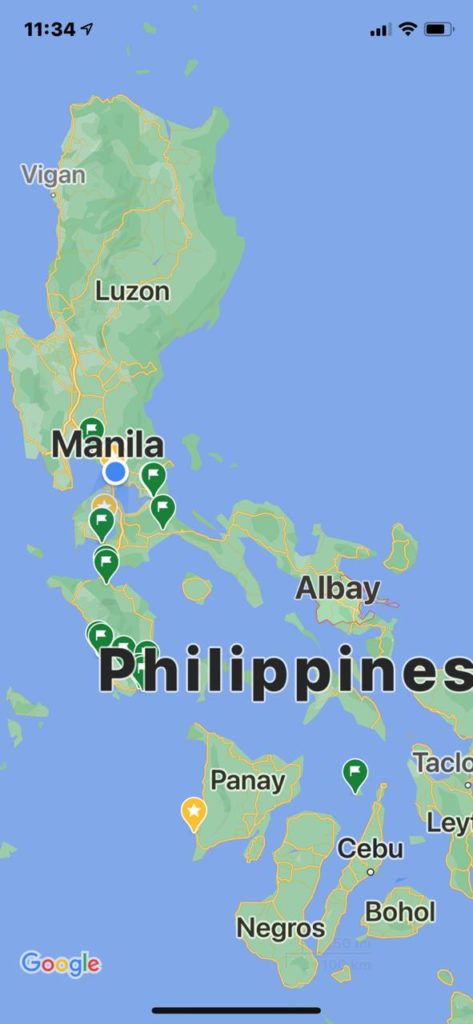
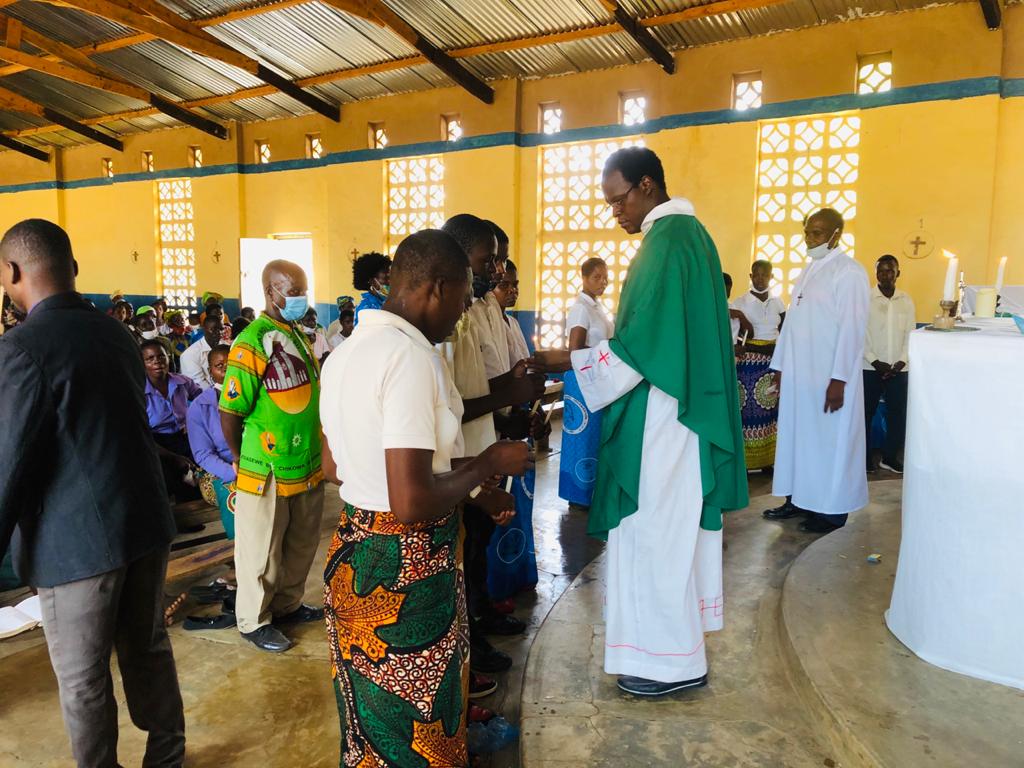
Even though this is now a dry season and despite the set back due to Covid-19, this weekend has been a blessing!
Yesterday we celebrated 16 weddings in Chikowa and it was full of pomp and joy.
Today at Mthasewe we have celebrated 11 baptisms and confirmations. The gospel reading couldn’t have been more appropriate on the invitation to the Kingdom of God as a wedding feast. A kingdom that is open to everyone and a Kindgom where God does not tire in inviting us, to a point of going out of the roadsides to get the good and the bad alike. The newly baptised were all dressed in white, a sign that they have their wedding garment on. May we continue to transmit joy of the feast by purifying our hearts especially on this time of Covid-19 through acceptance of others and generosity.
May you have a blessed week ahead
Fr. Steven Ochieng MCSPA







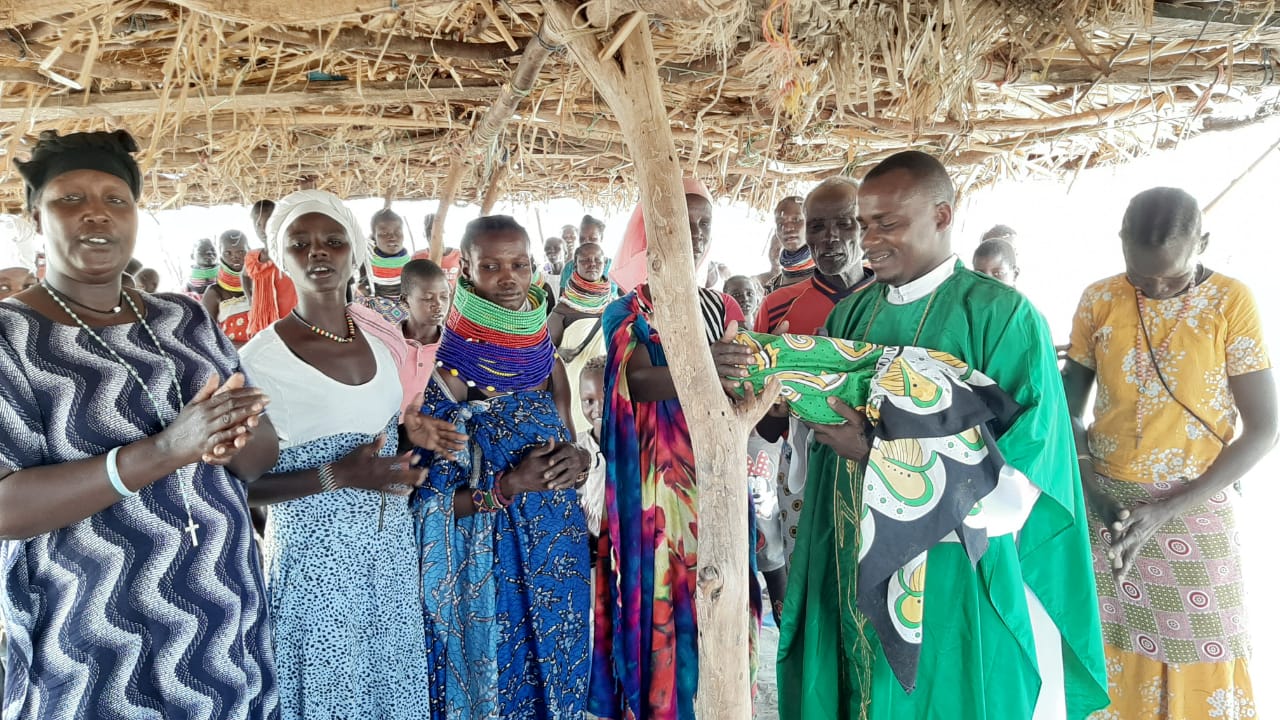
At times I look at where I am, what I do and ask myself; How did I get here? In my vocation life, the gospel values that I witness among the people of God in the Diocese of Lodwar (Turkana County) is propelled by the motto “For God and Humanity”. It is my maxim, it is the base that holds me and keeps me stronger even in challenging and difficult moments. All that I do, all that I am in my vocation and mission among the people of God is done “For God and Humanity”; that in my mission and works, God’s Kingdom may come to His people and that humanity may enjoy God’s mercy and grace through my little input!
Fr. Wycliffe Ochieng, MCSPA
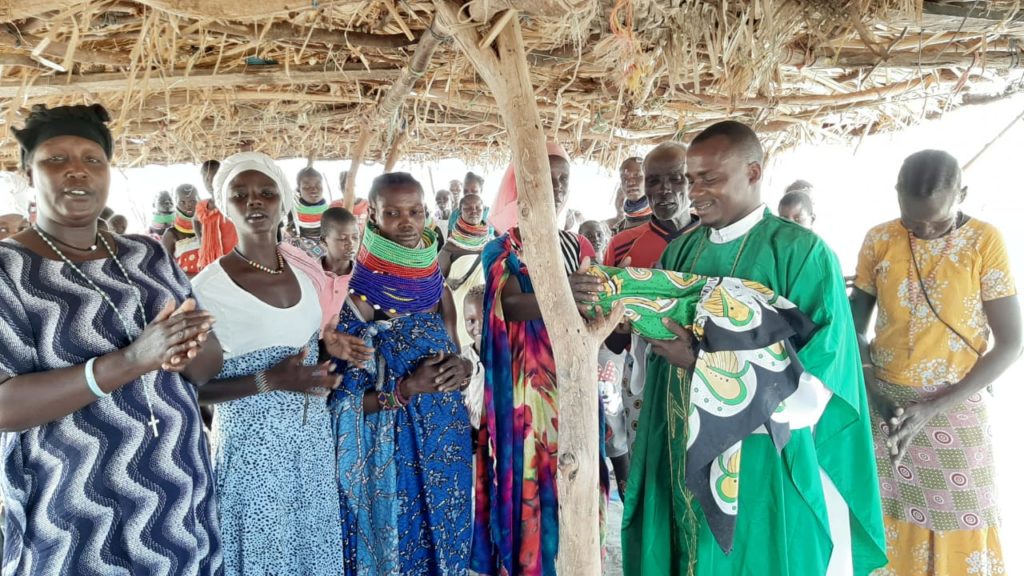
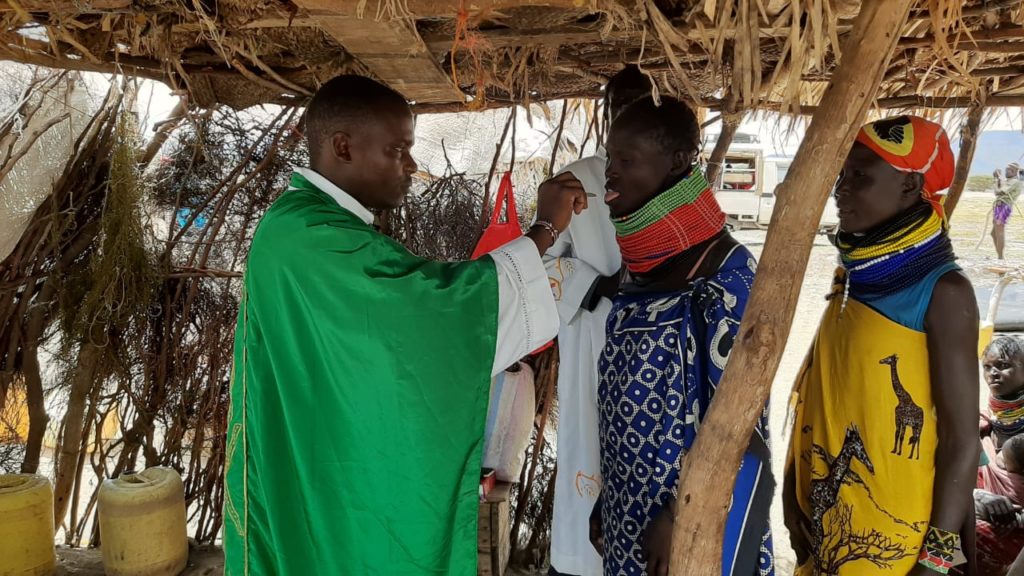
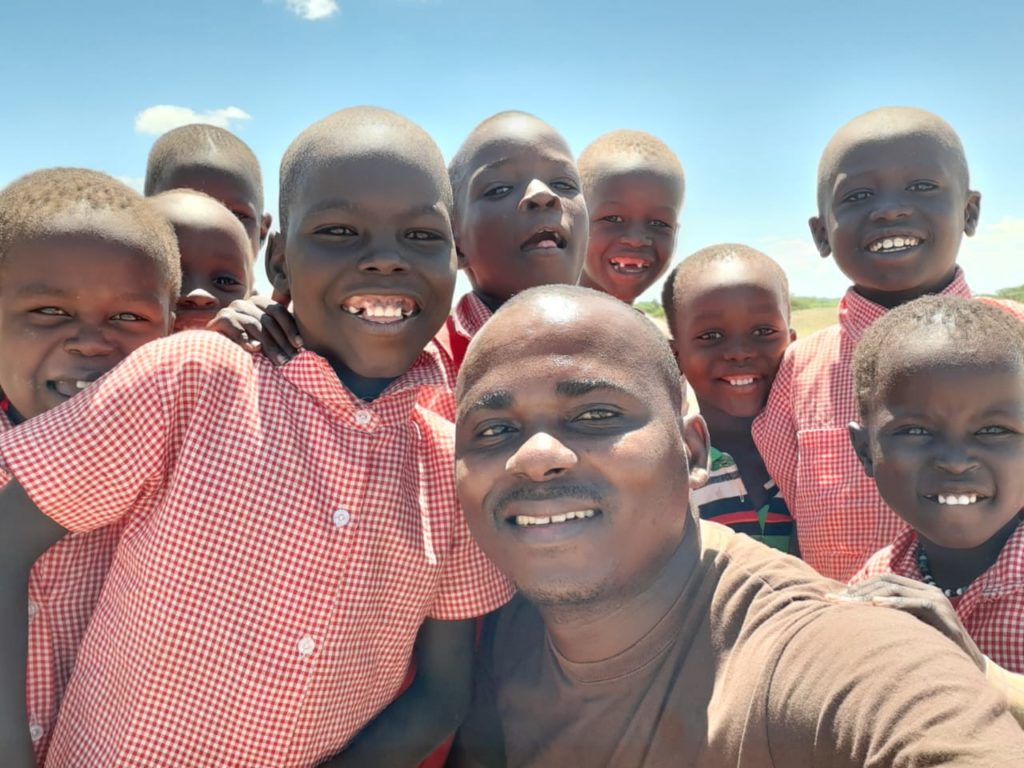
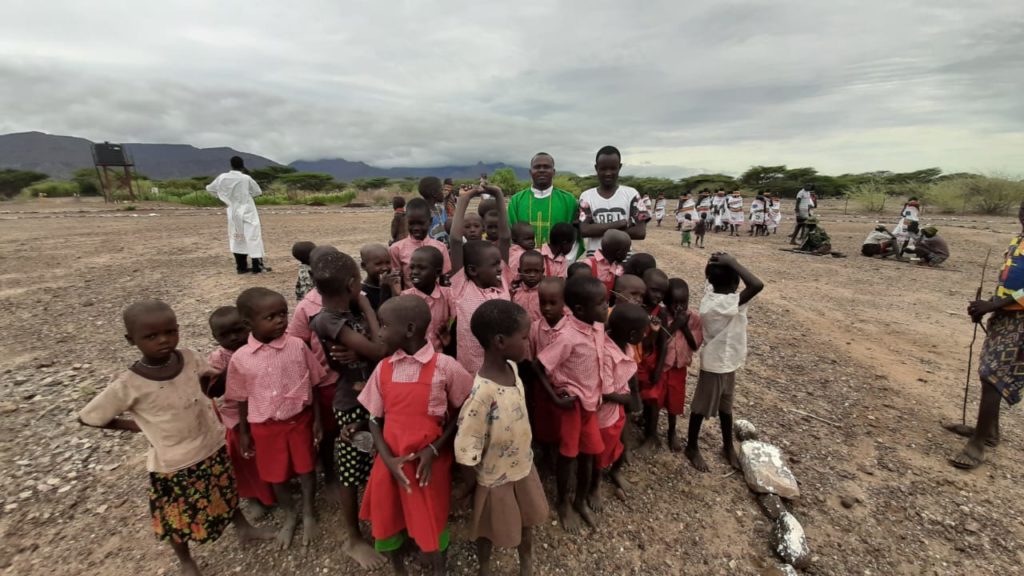
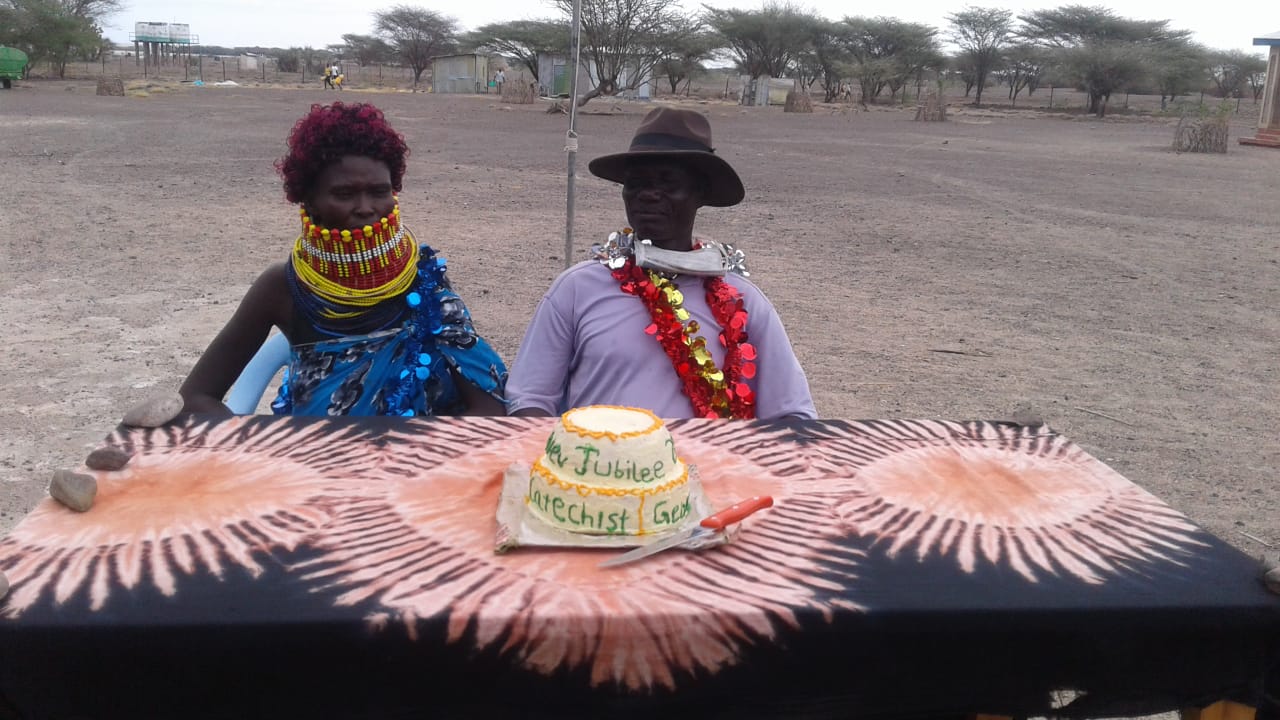
Nariokotome Parish marked Mission Sunday by celebrating the Silver Jubilee of Catechist George Lokiru. Catechist George Lokiru is a Commissioned Catechist married to Alice Lokiru. He has served in several outstations within Nariokotome Parish. Prior to Nariokotome Parish he served in Loarengak and Lokitaung Parishes. He is renowned for his singing skills and for being a cheerful preacher.
His silver Jubilee was commemorated with people coming from all over Nariokotome Parish and beyond. There were a big number of his fellow catechists from within Nariokotome Parish and other neighbouring Parishes.
The celebration began with Mass where the letter of the Pope on Mission Sunday was elaborated with the theme: ” Here am I, Send me”. The preacher of the day challenged the Christians to support the catechists and invited young people to want to serve the Church as Catechists.
After the Mass there was entertainment by the different Church groups. Afterwards there were speeches whereby George was praised for his dedicated service. Gifts followed. He was showered with an array of gifts. Several Christians also pledged various construction materials to help the Catechist construct a better house.
The guests were served with lunch after the ceremony of the cutting of the silver jubilee cake.
We thank the Lord for the 25 years of service of George Lokiru. We pray that the Church may be blessed with many committed Catechists to carry on the Mission of Christ.
Fr. Denis Odongo MCSPA, parish priest
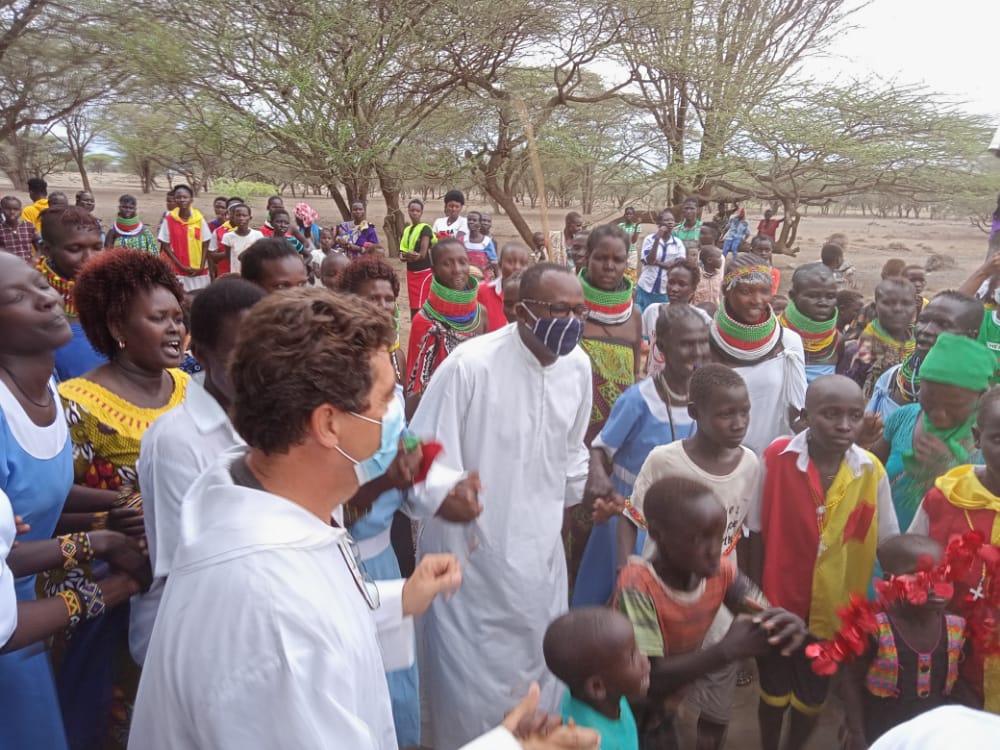
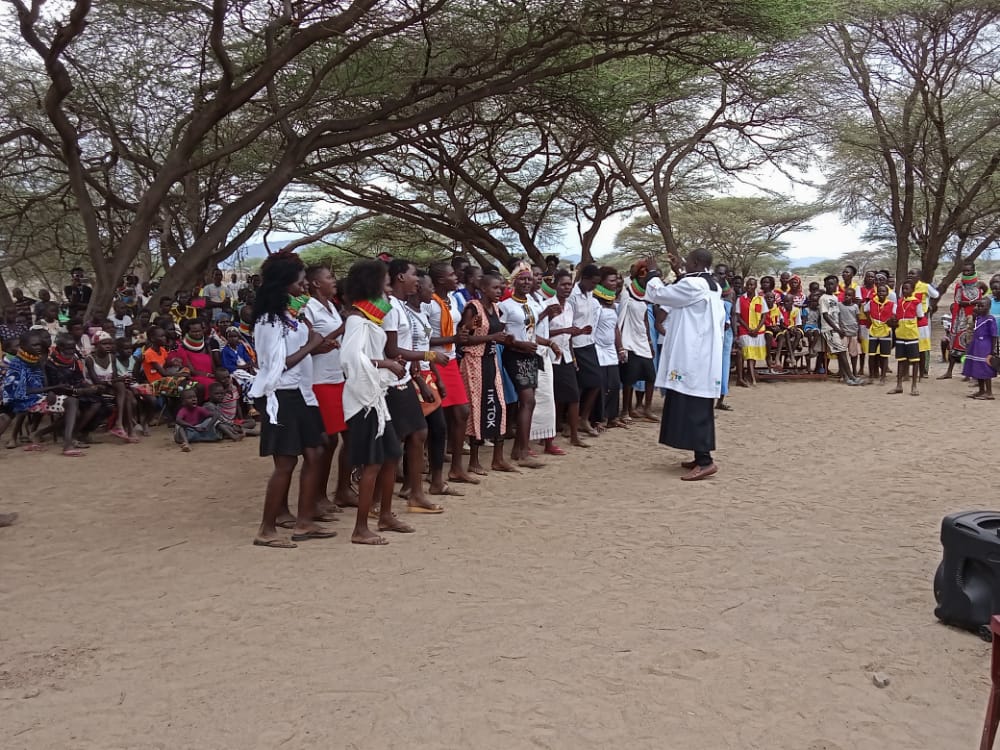
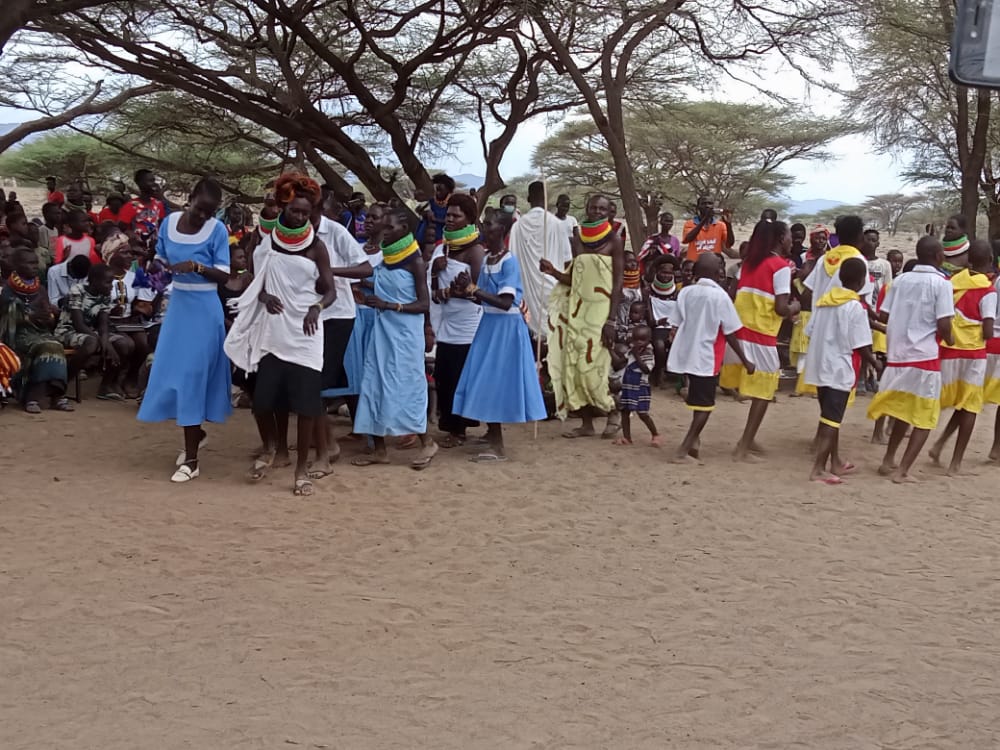
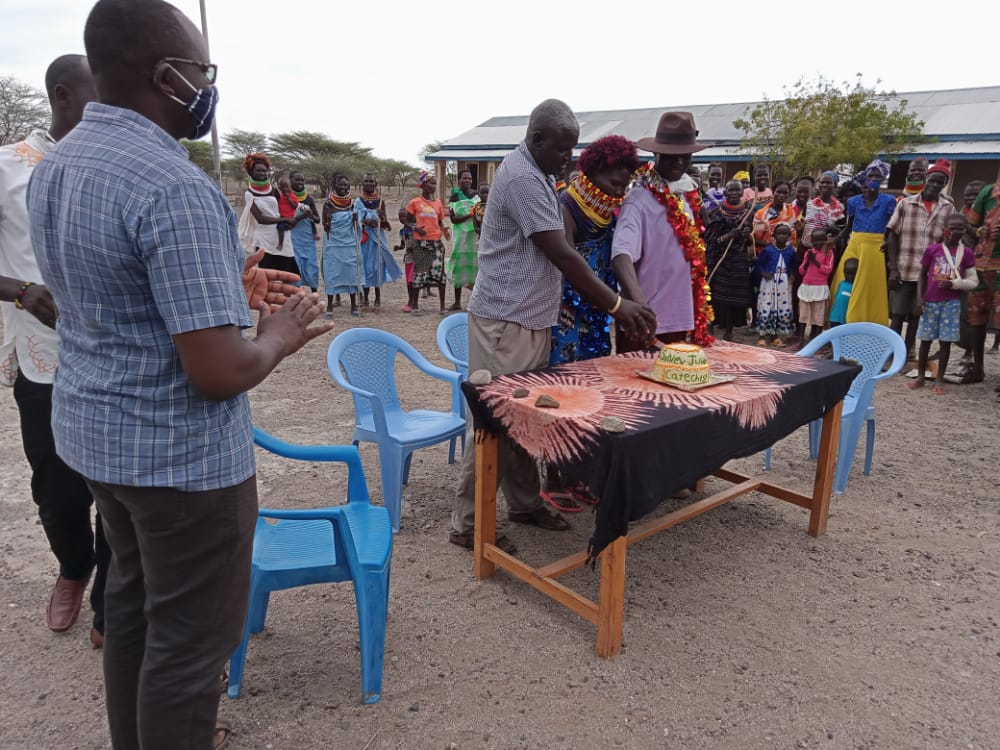
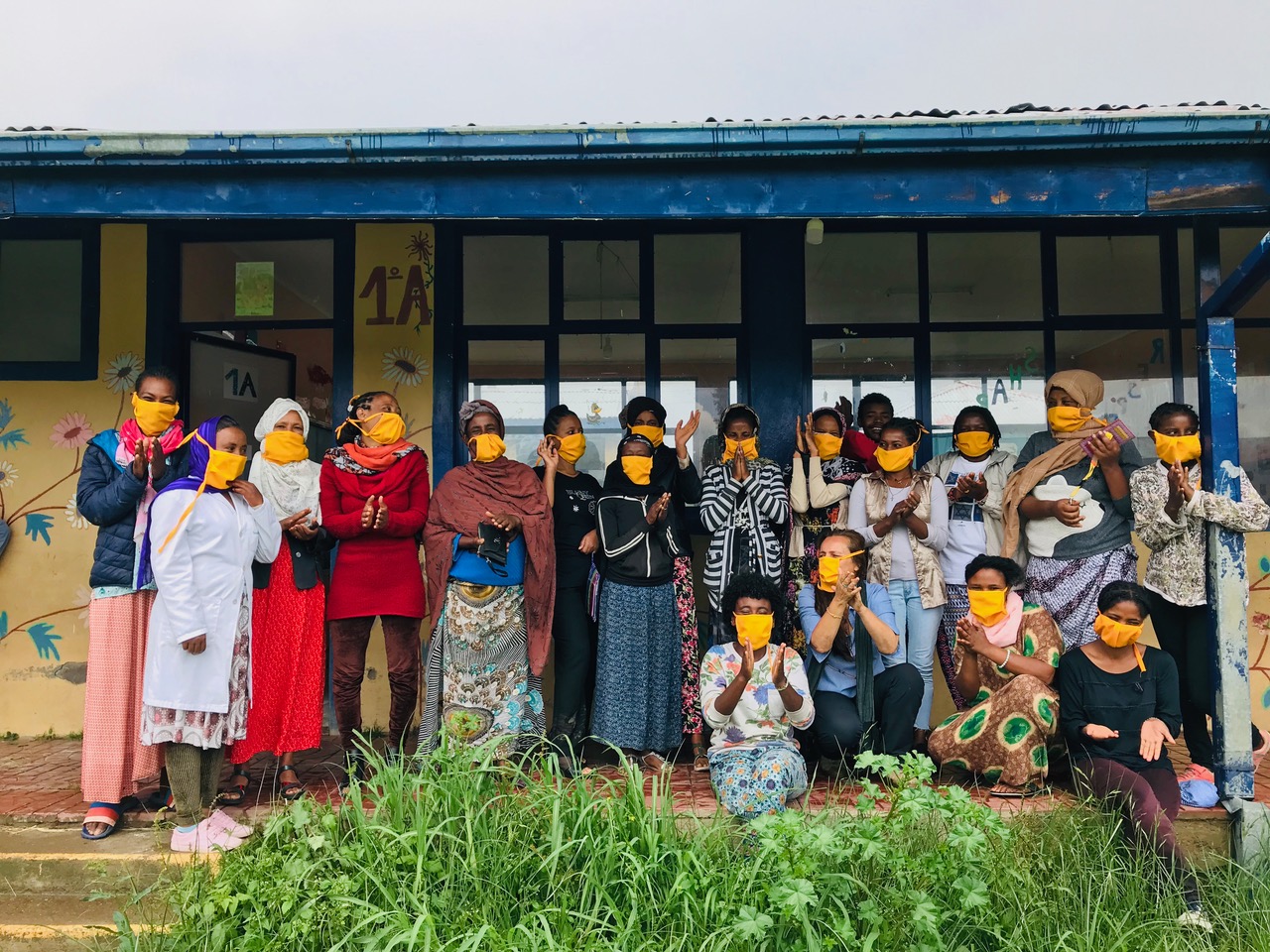
Missionary Community of St. Paul the Apostle in Muketuri, Ethiopia
At the beginning of 2020, the social reality in Ethiopia was already complicated by the imminent general elections. After almost three decades with the same party in power, Ethiopia is facing an urgent “aggiornamento”.
This responds to the concerns of a society affected by poverty, different ethnic and cultural realities, and a large number of young people who know the world through social media and want a fair job that allows them to live with dignity.
As if preparing democratic elections in a country like Ethiopia, with more than 50 million voters (with a population of 105 million inhabitants) was not enough, in March, as in the rest of the world, we were invaded by the covid-19 pandemic. Ethiopia was one of the fastest countries to react, with measures such as closing schools, universities, offices, regulating transportation.
However, the worst challenge for the ordinary citizens was to face the economic consequences. Around 80% of the jobs in Ethiopia are not regulated by an employment contract: if you don’t work, you don’t get paid. Many get what they need simply to eat daily. The loss of employment that has occurred in all countries is of immense relevance in Ethiopia, where it is impossible to do a confinement, because this would mean facing starvation.
Since March, members of MCSPA wanted to be close to the people, facing the greatest need: a dignified nutrition. The families of the poorest children in the Mother and Child Center and the program for children with malnutrition have been provided with food weekly, such as grain, vegetables, eggs, milk and soap.
The farmers, who see food prices rise daily, have been supported with improved potato seeds for planting and obtaining better harvests.
In addition to this, we have been praying together every week, especially for all those affected by the pandemic in Ethiopia and in the world, especially in the countries where volunteers and visitors who come every year to Muketuri and who are already part of the mission.
Humble people have shown us, once again, their generosity, praying again and again in a very special way for our families and friends; in all their prayers they have incorporated the “foreigners who help us and love us”, as a universal prayer. A good sign of the mission ad gentes – we are united by mutual love, prayer and vulnerability in the face of catastrophes.
We thank God for the possibility of sharing our lives with the Ethiopians, and for having so many supporters, friends, and volunteers who are part of this adventure of announcing the Good News in Ethiopia.
Lourdes Larruy, MCSPA
